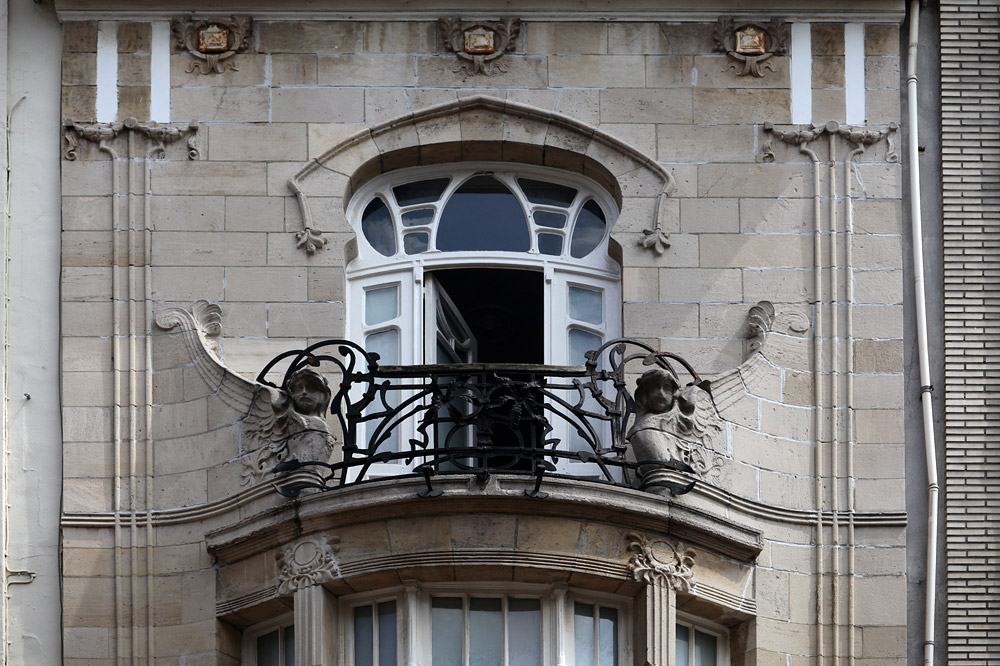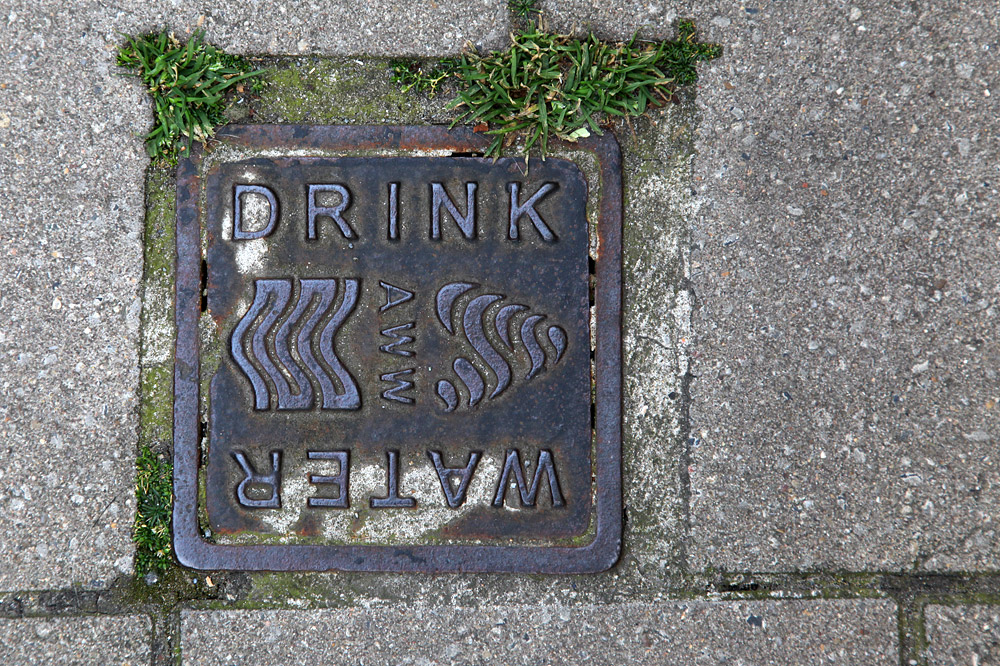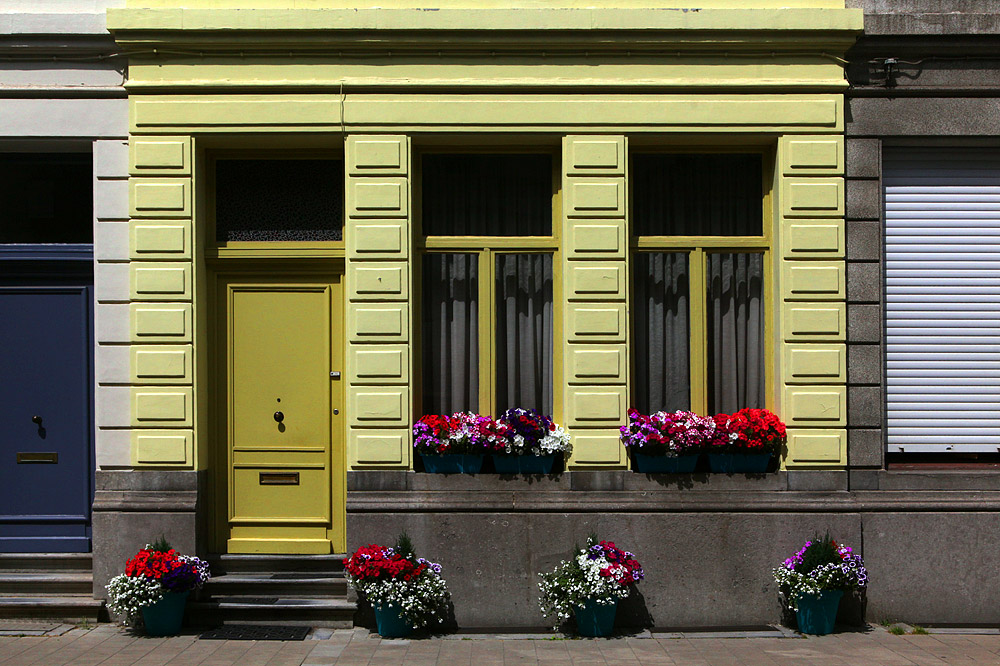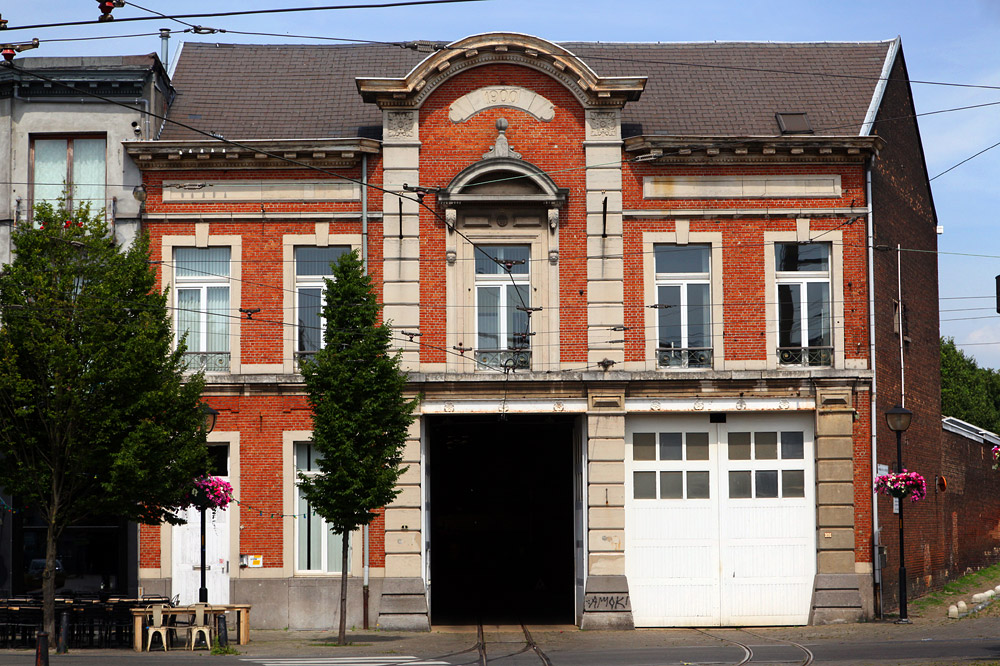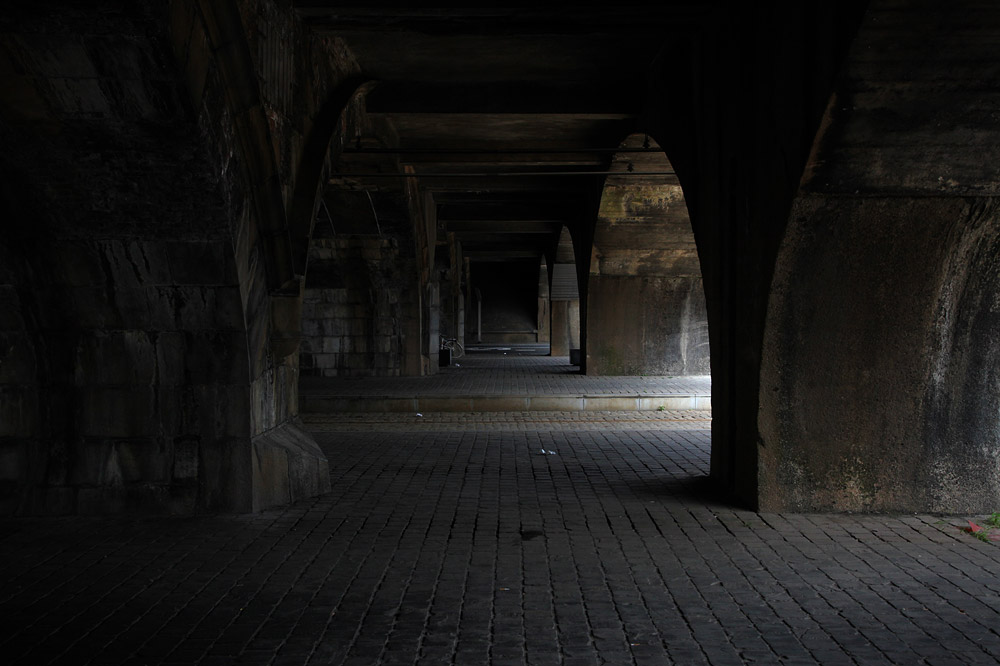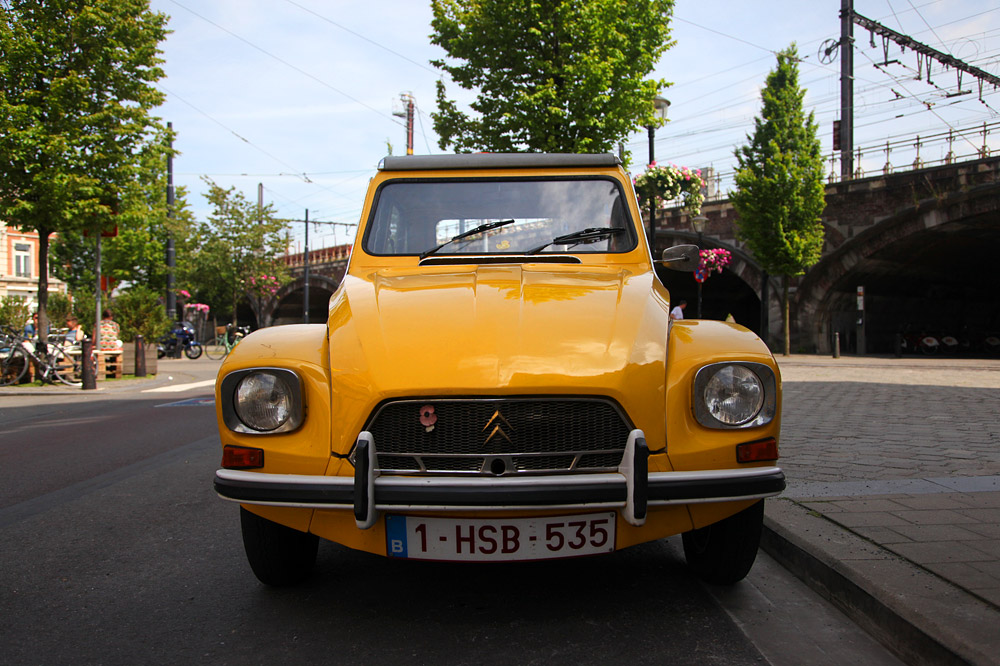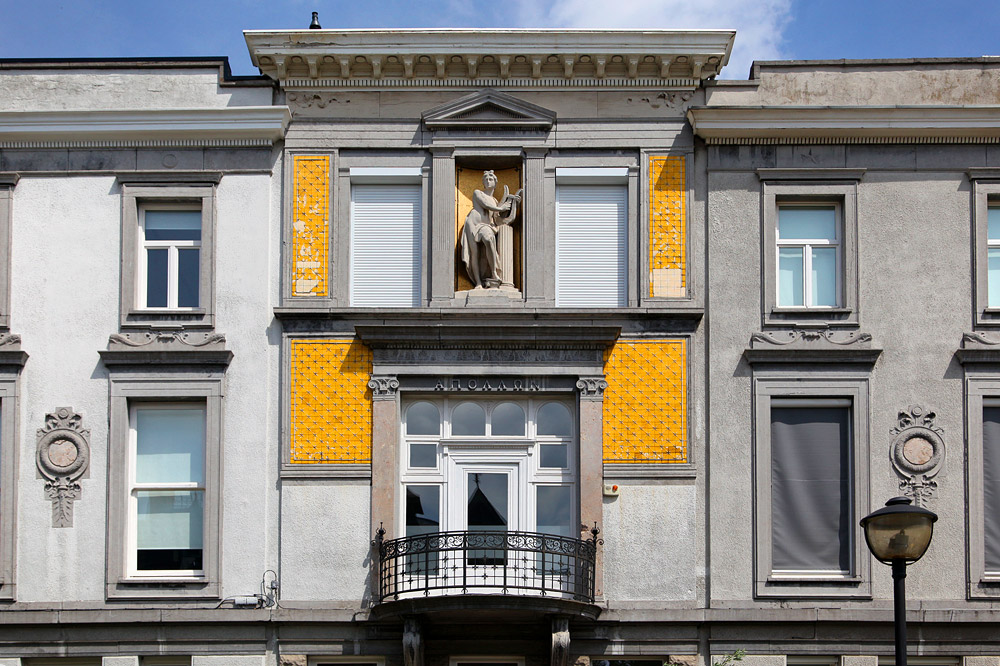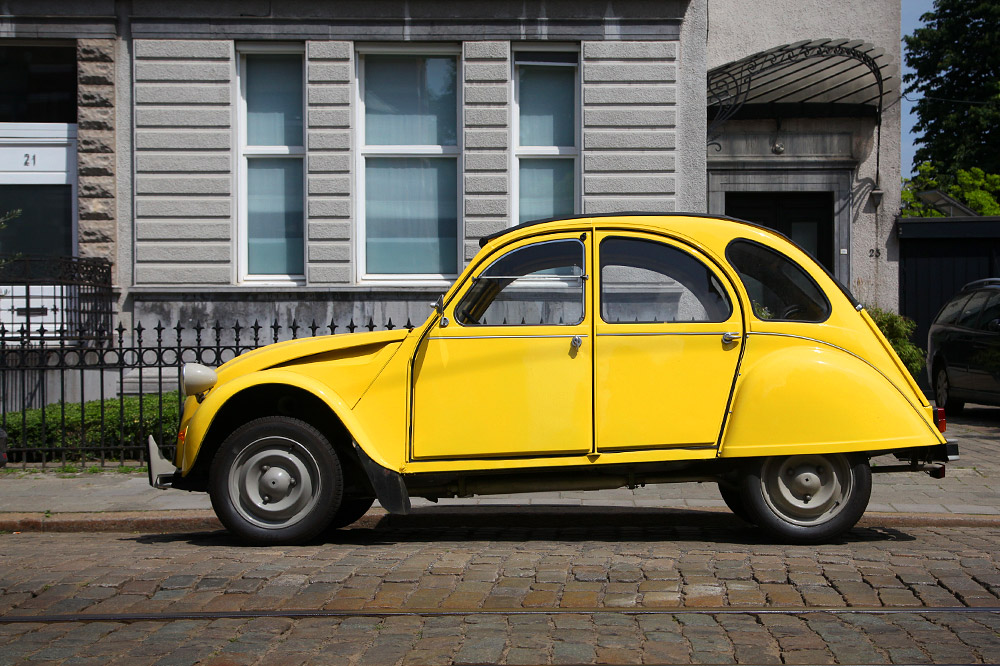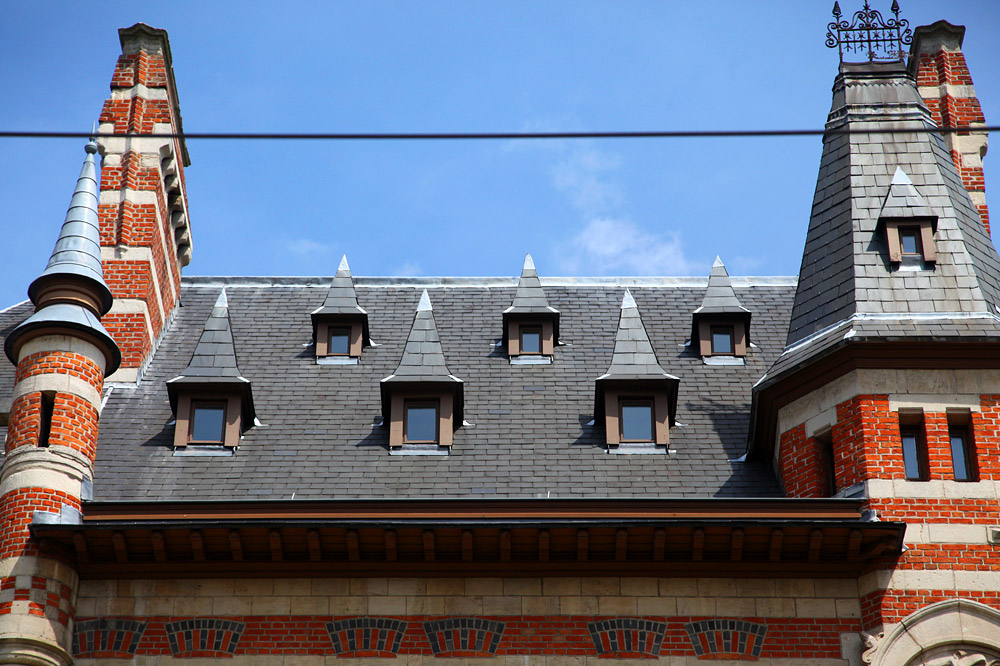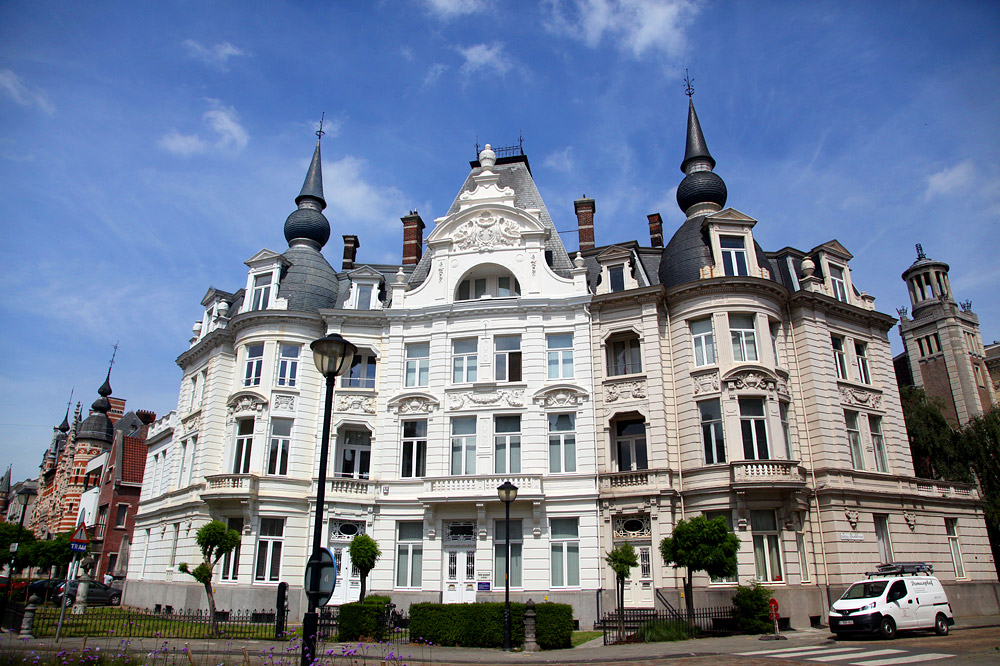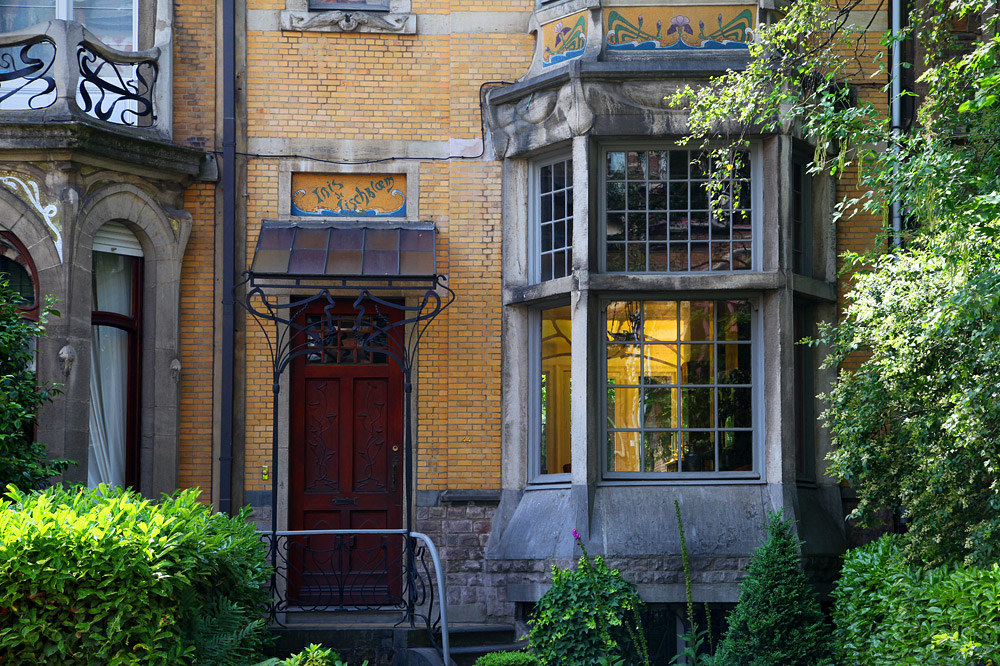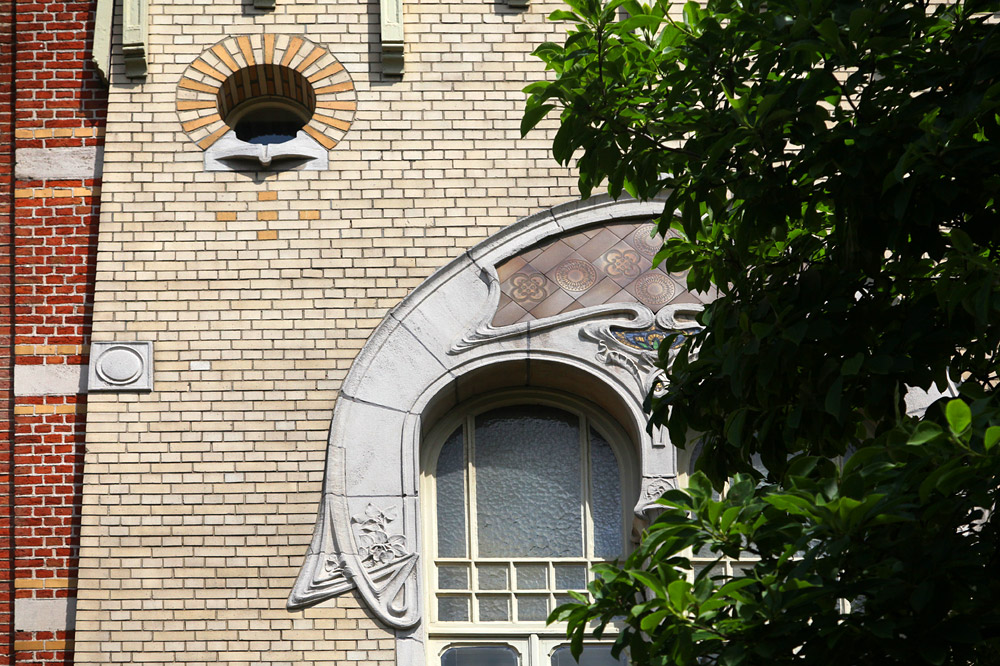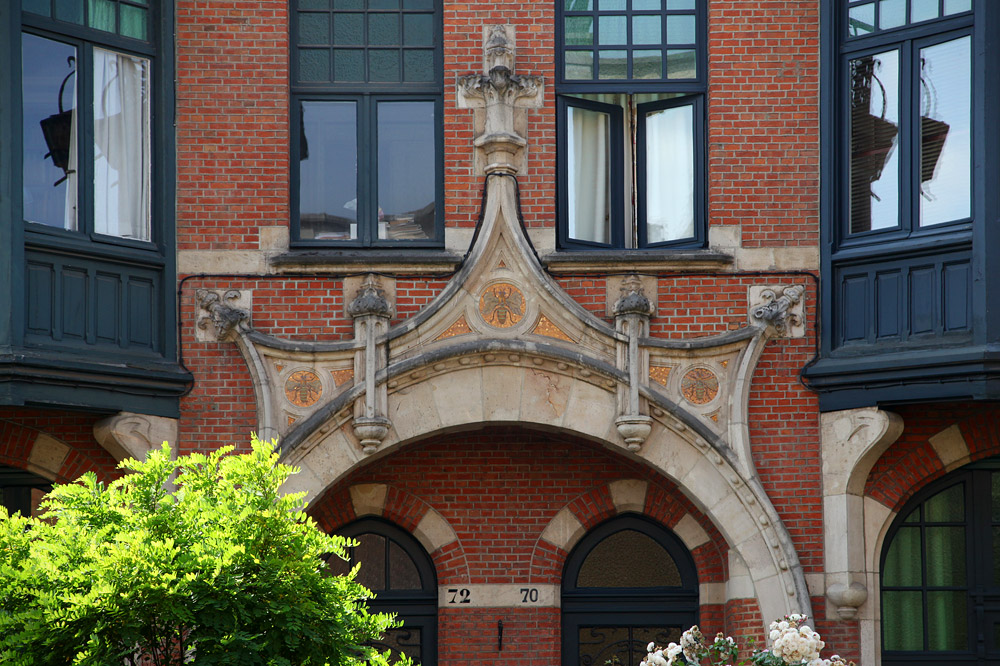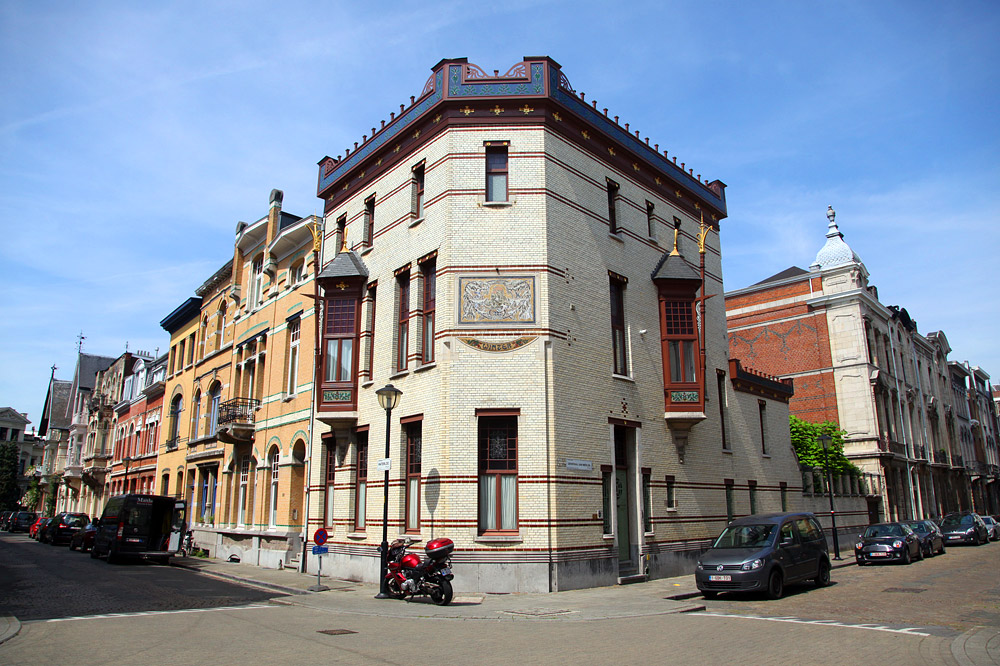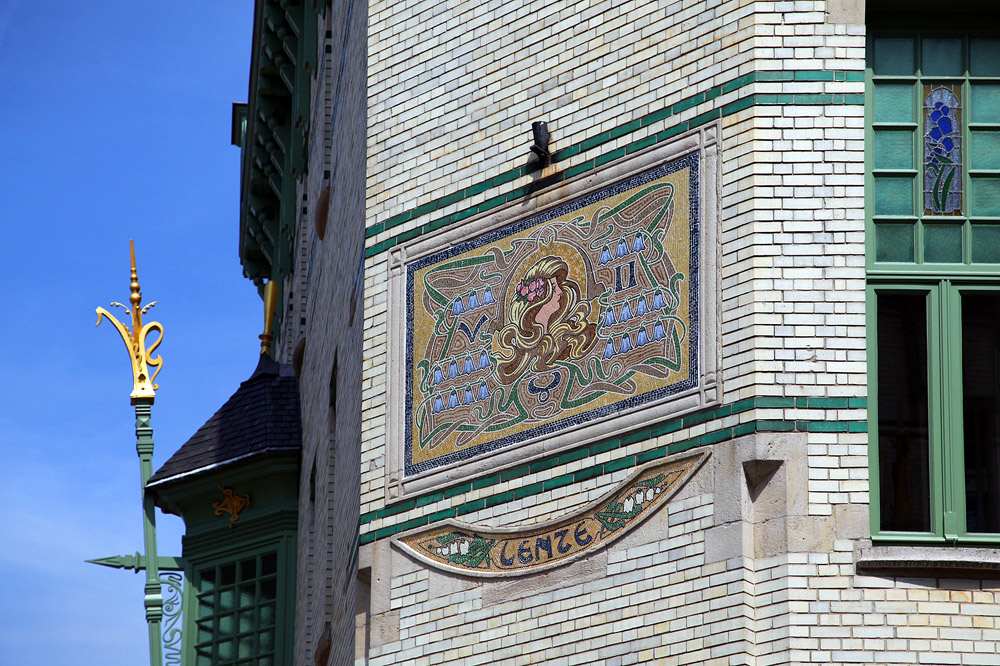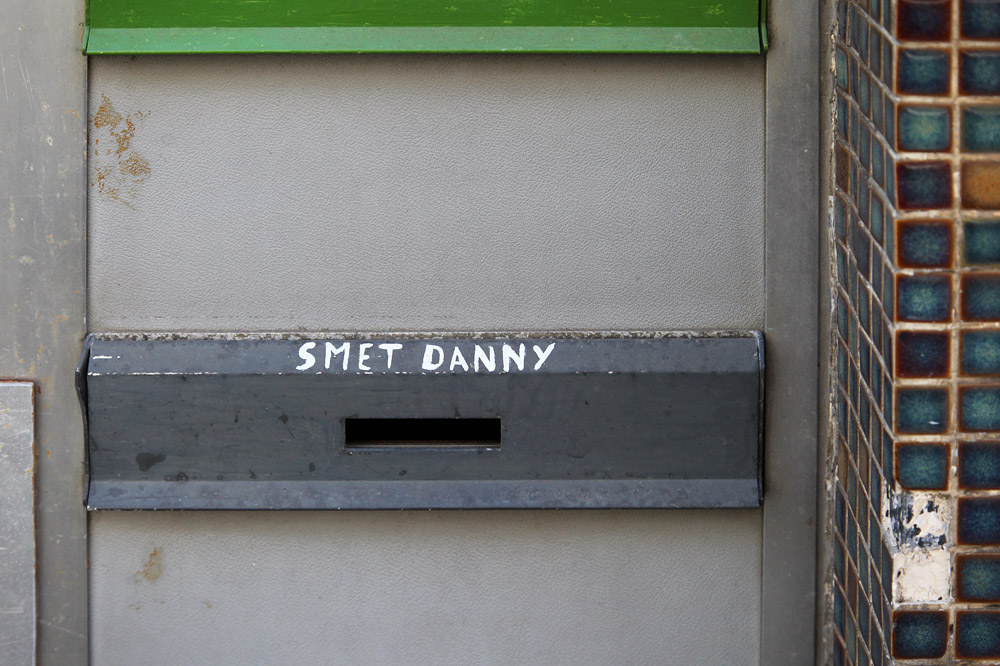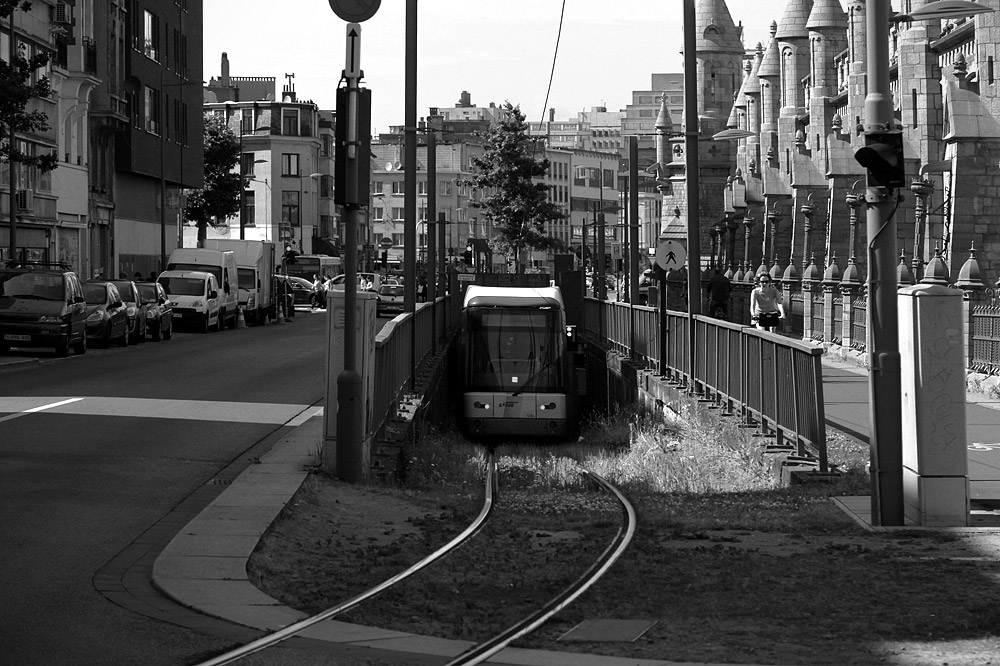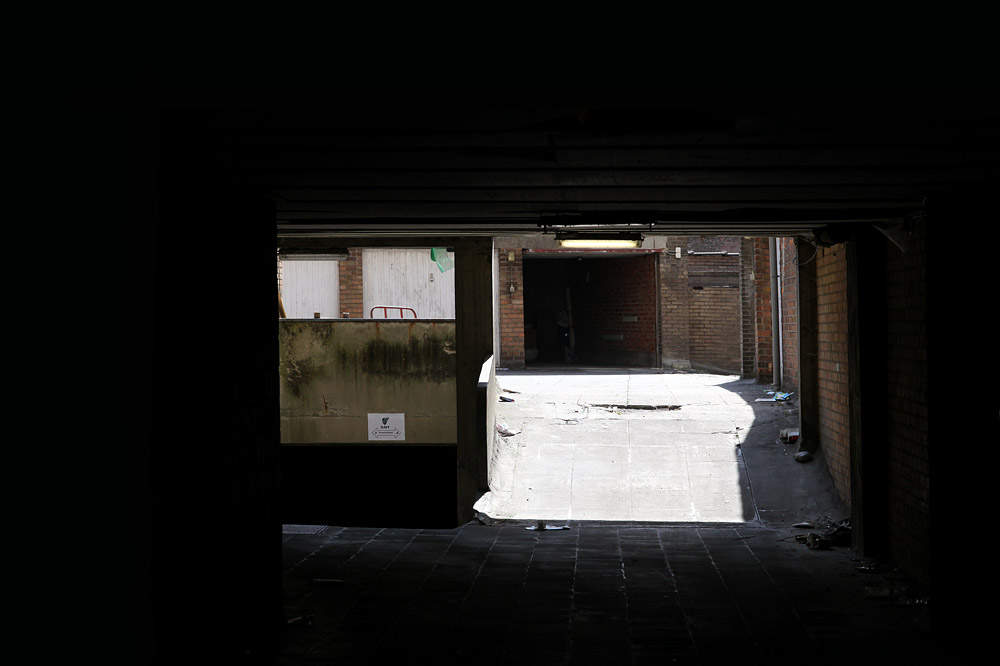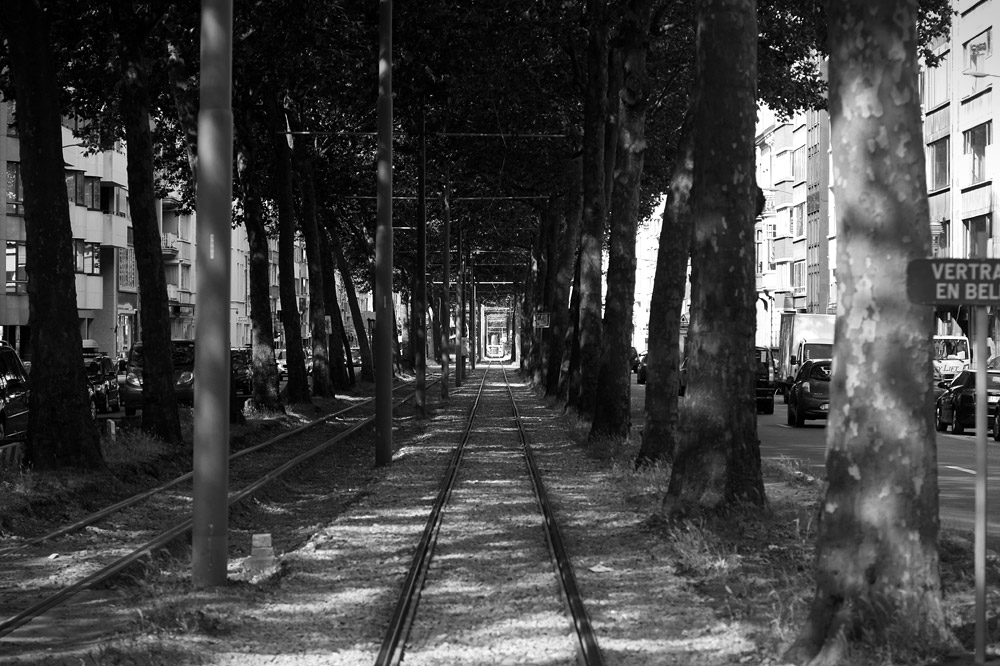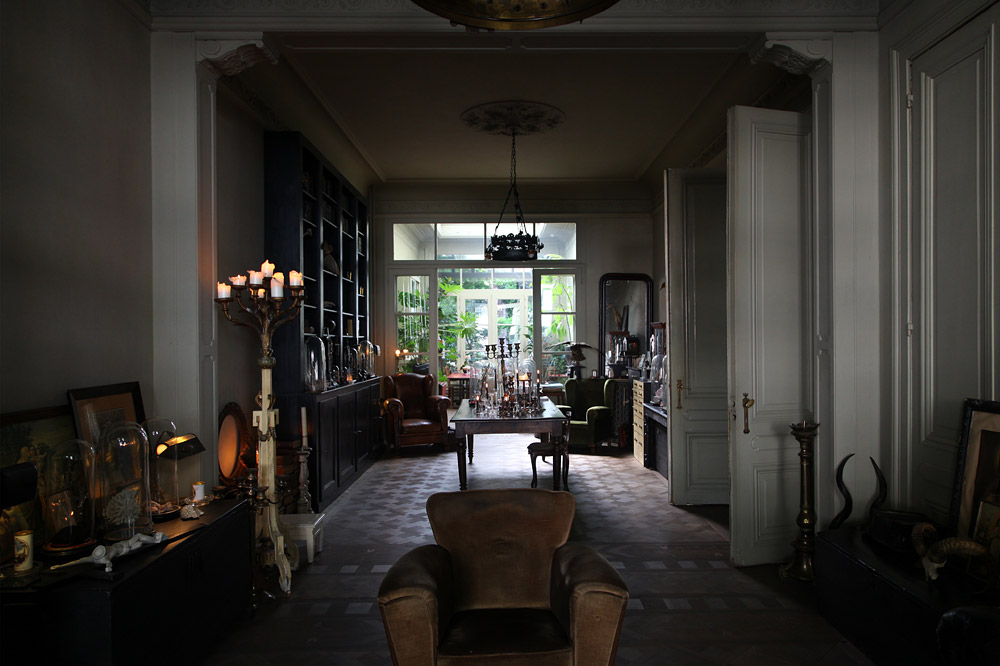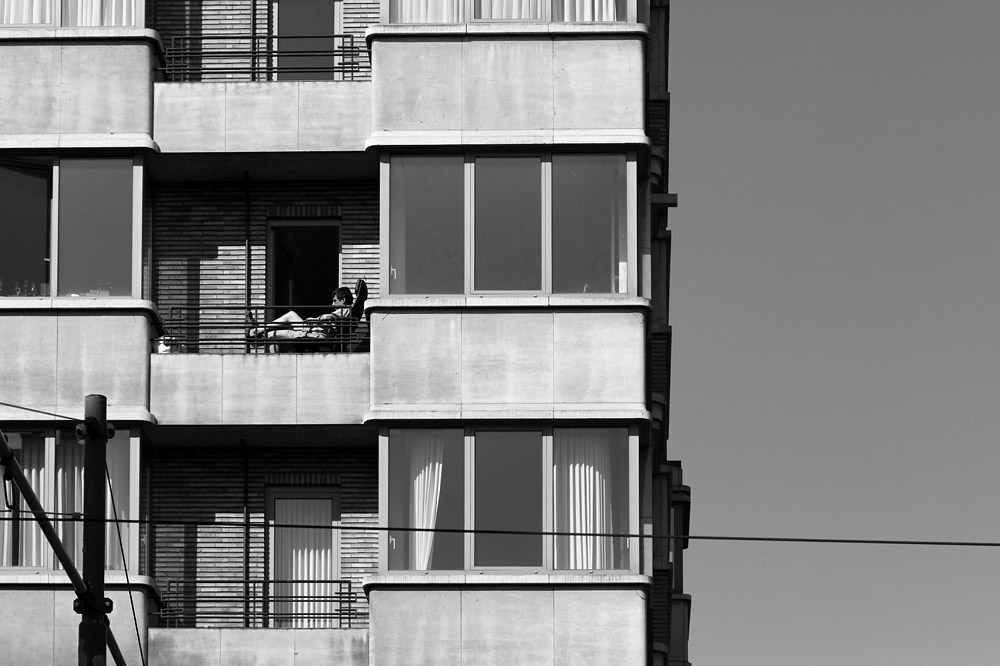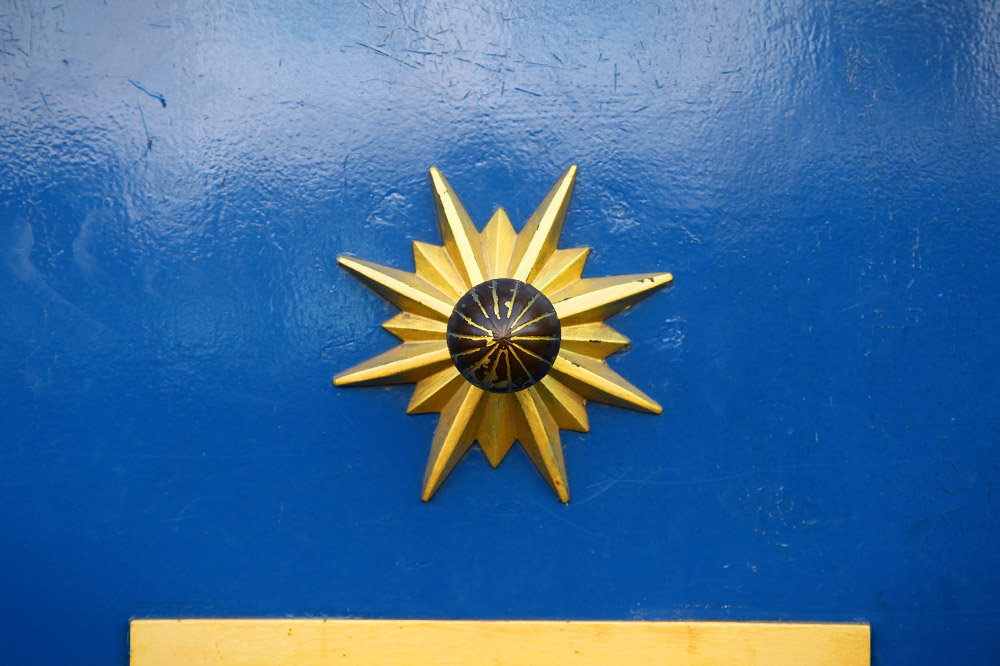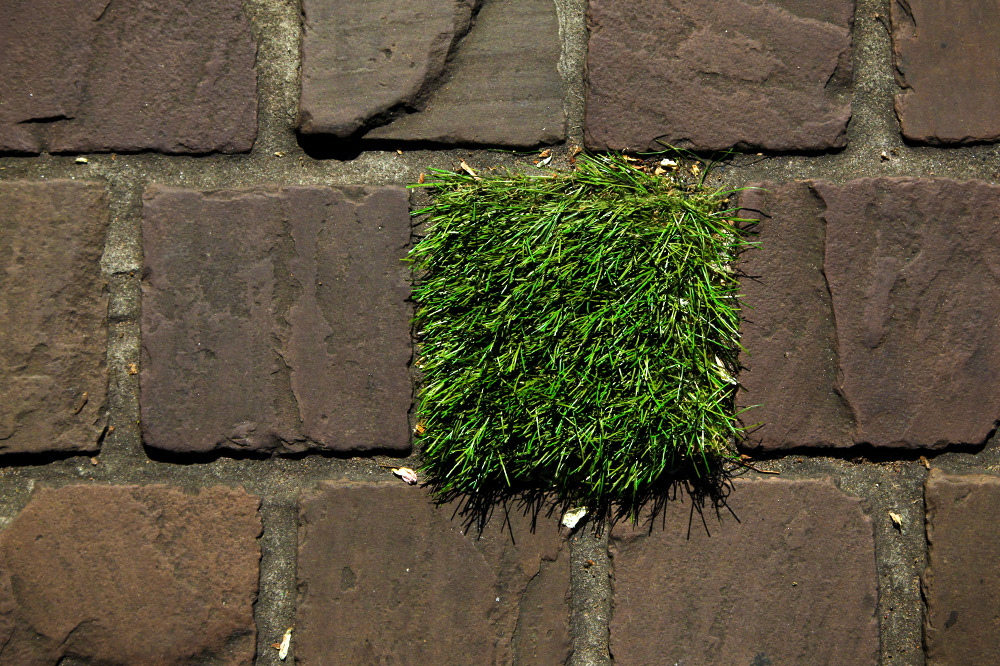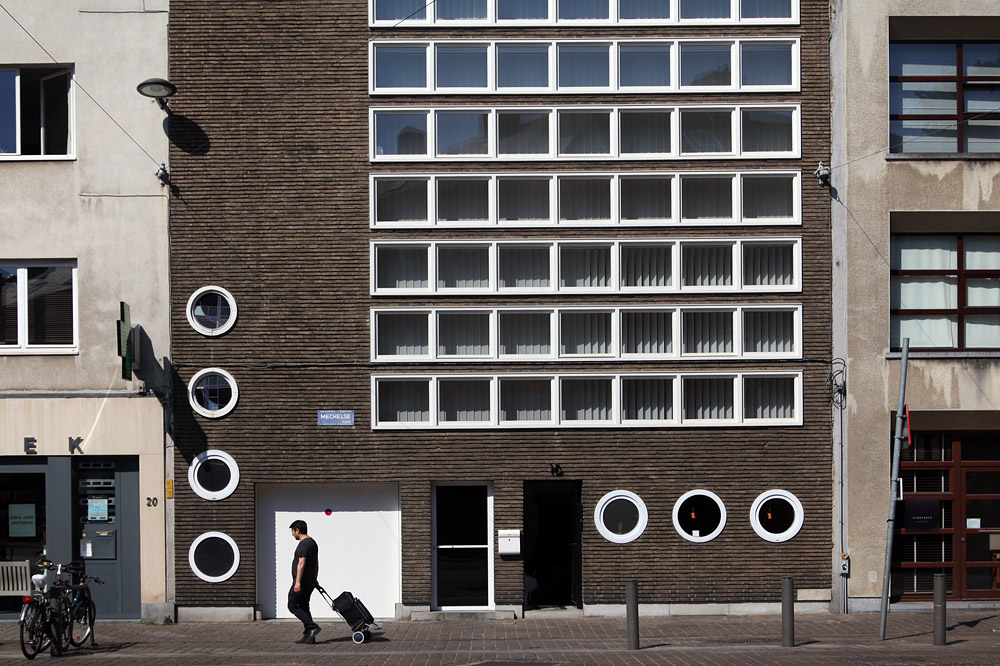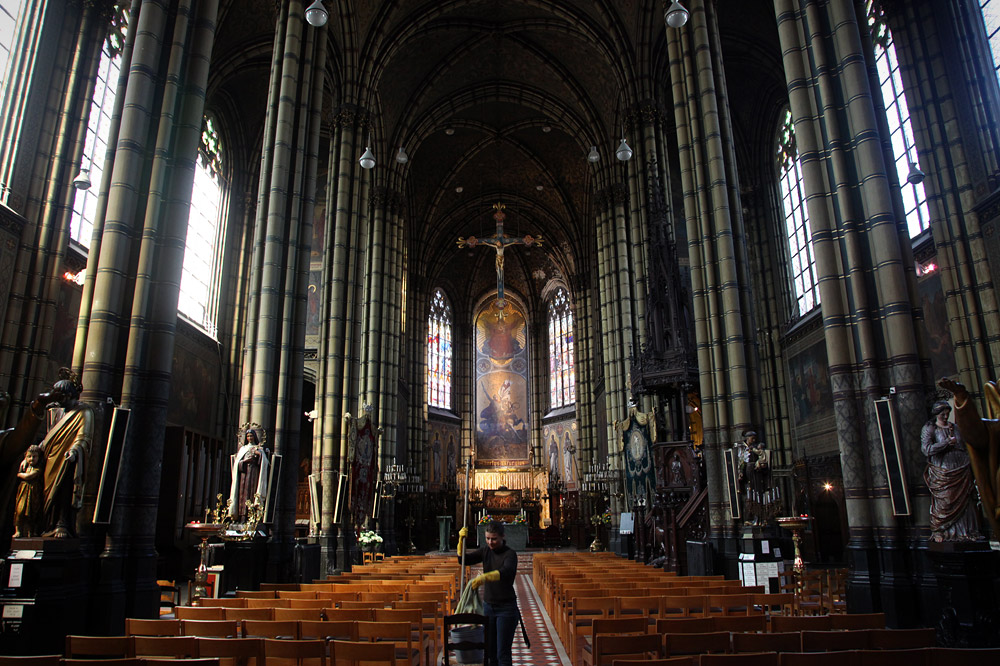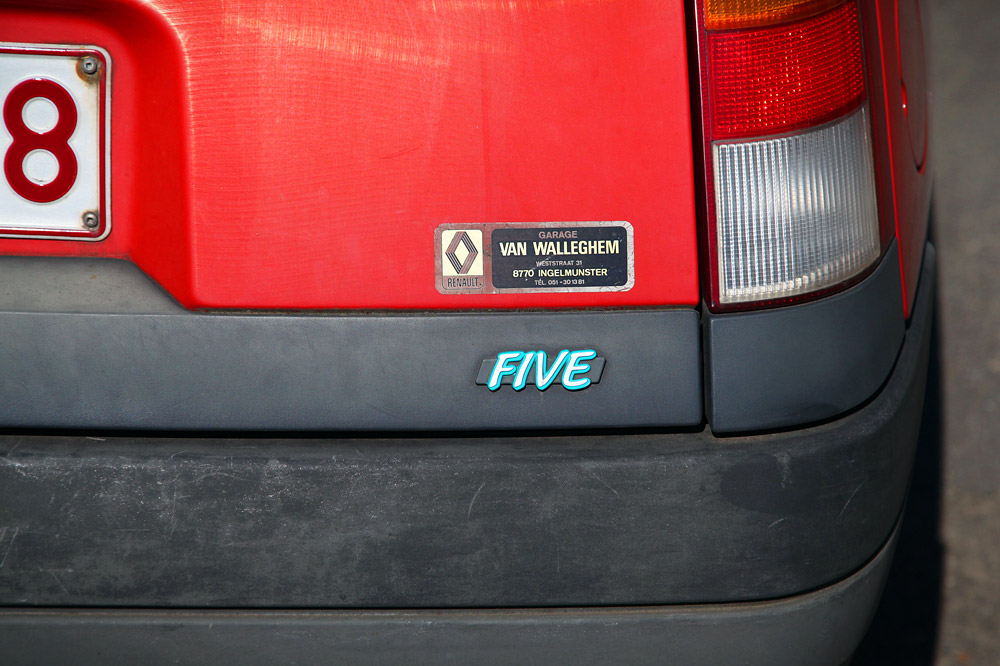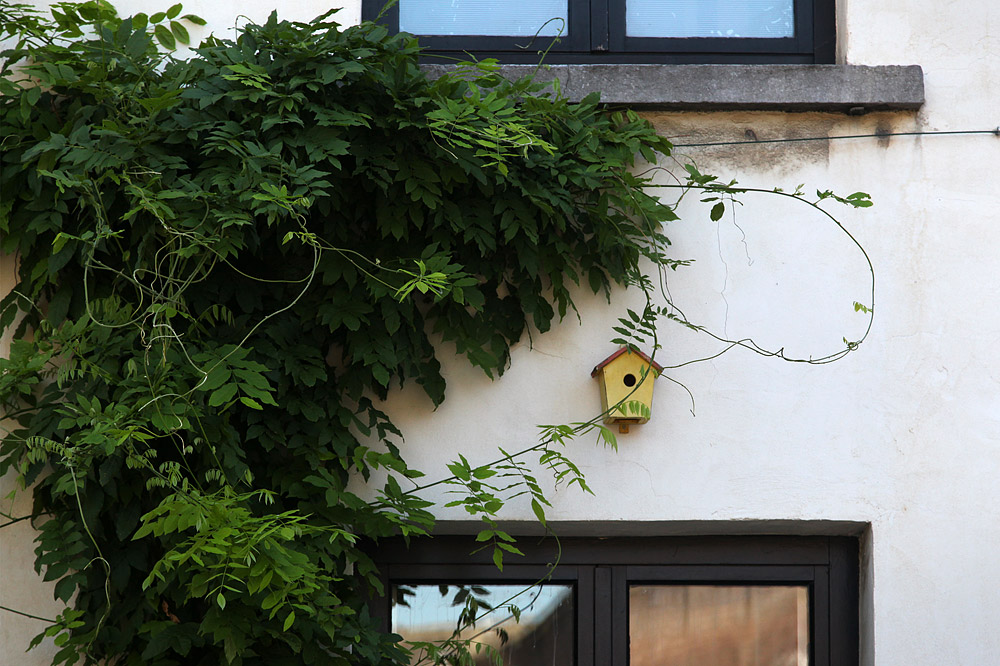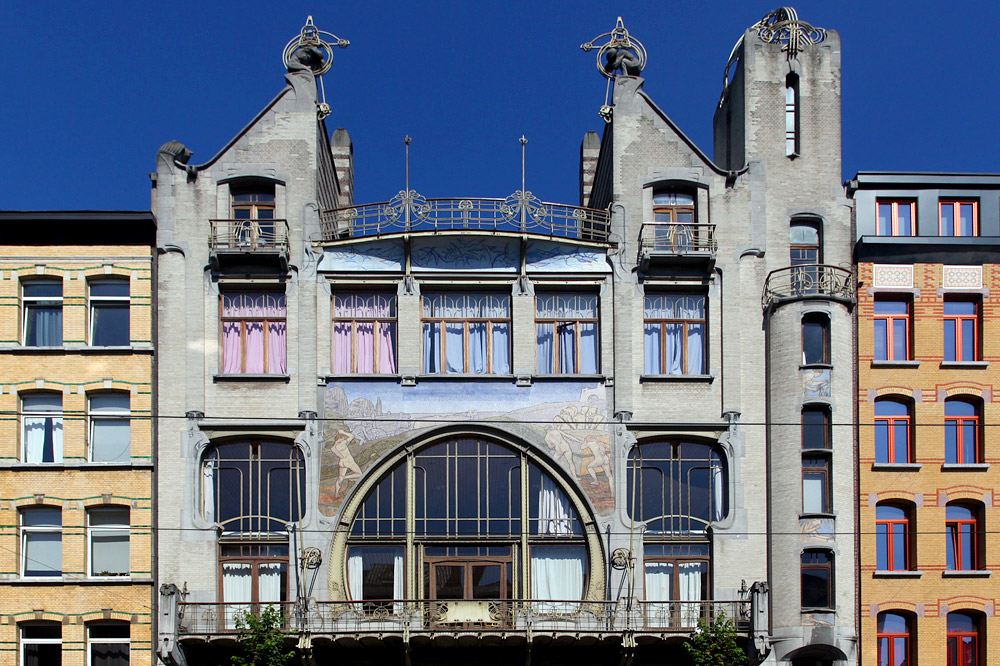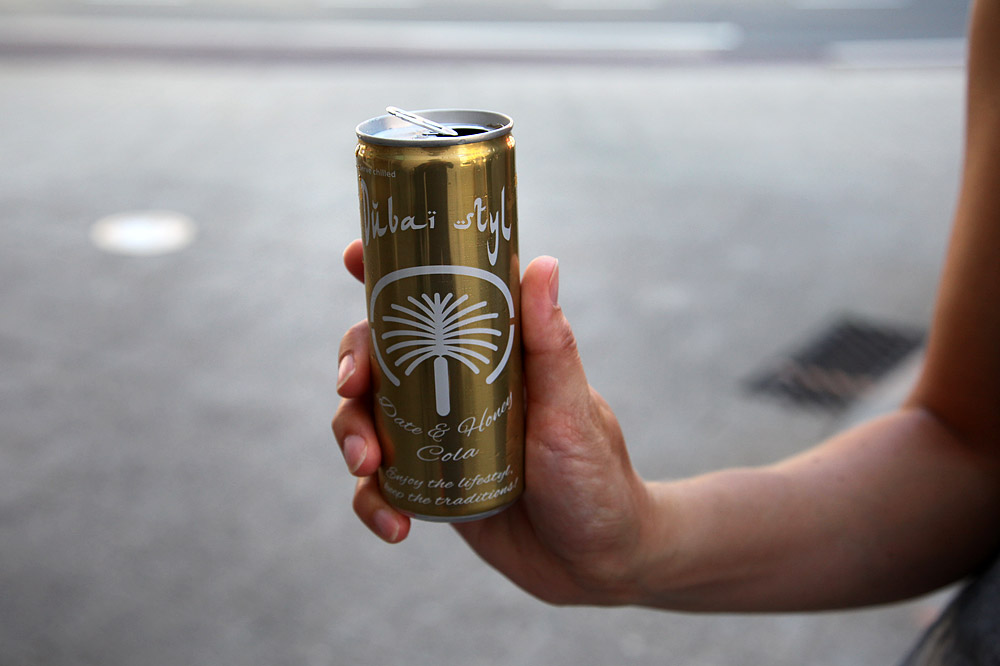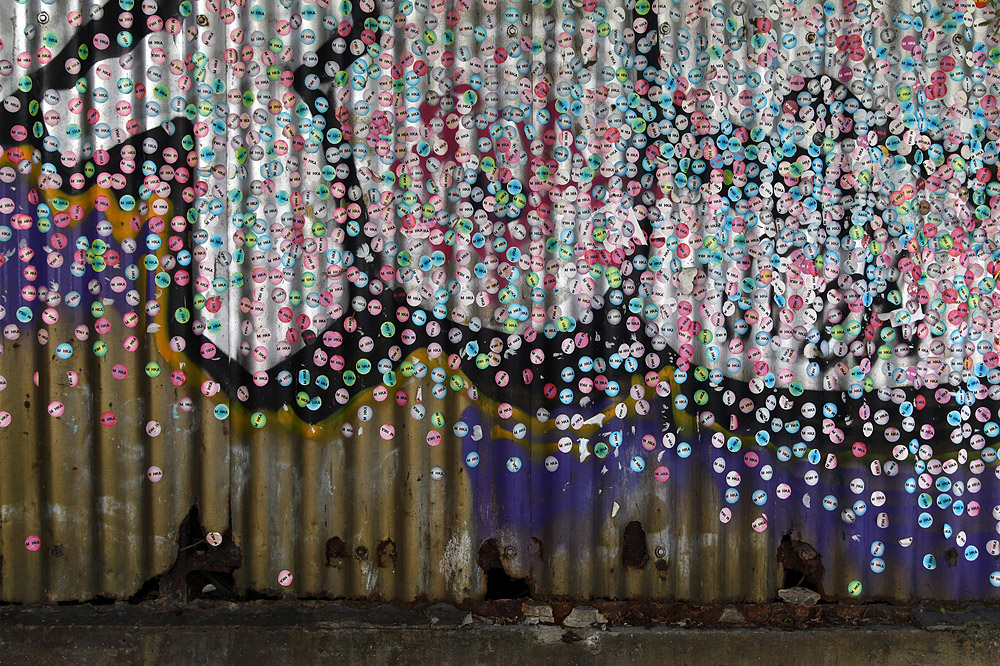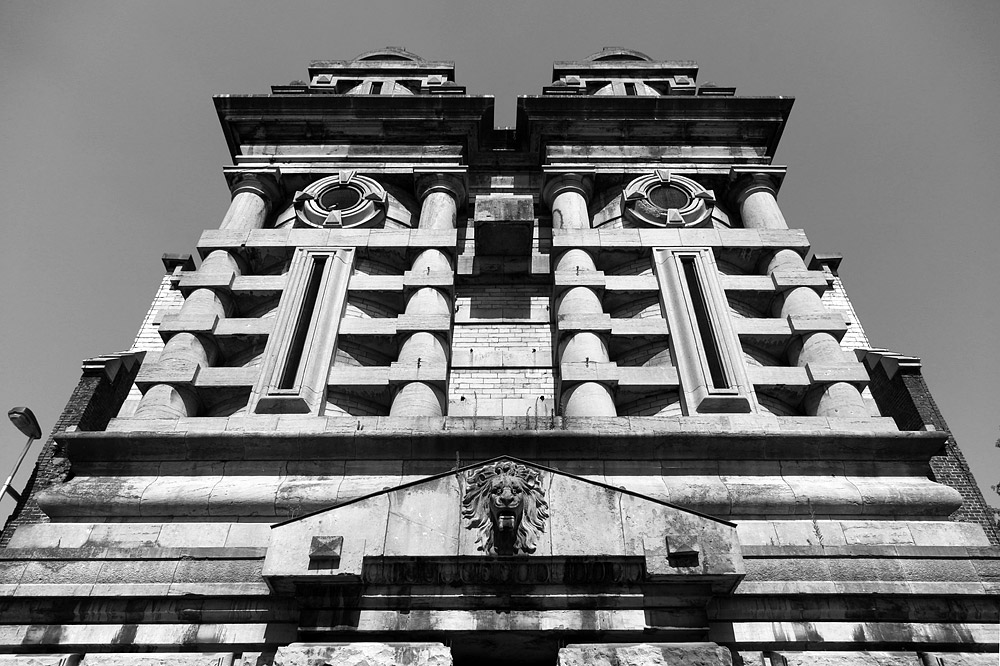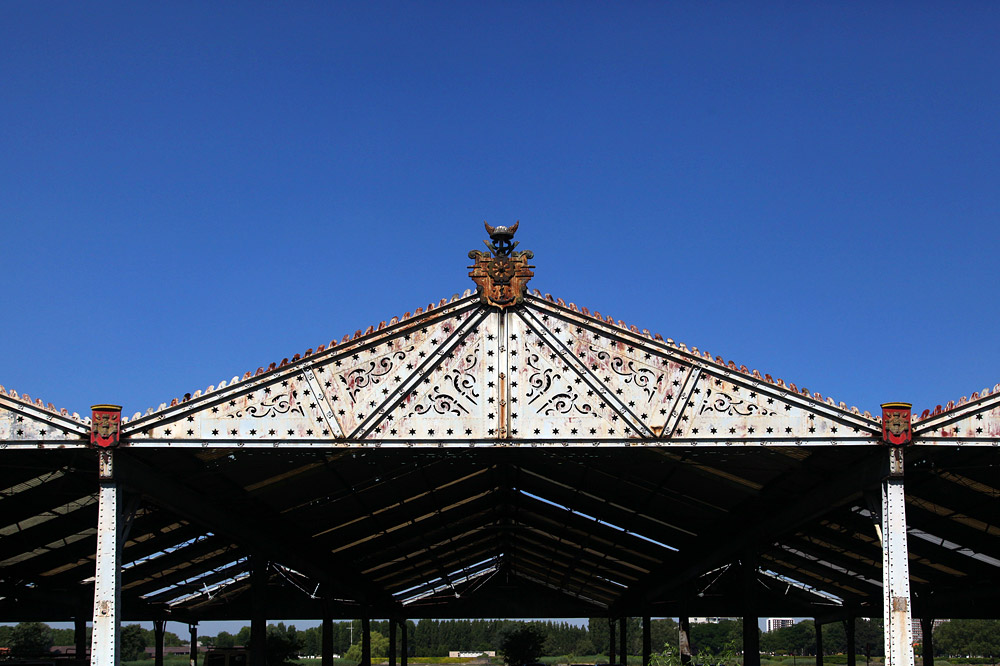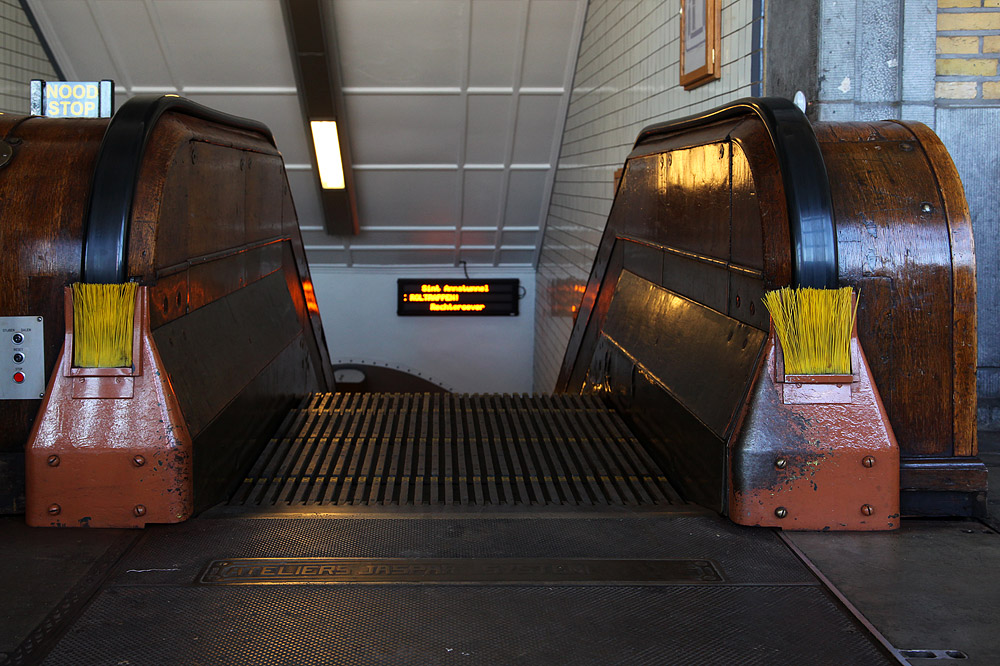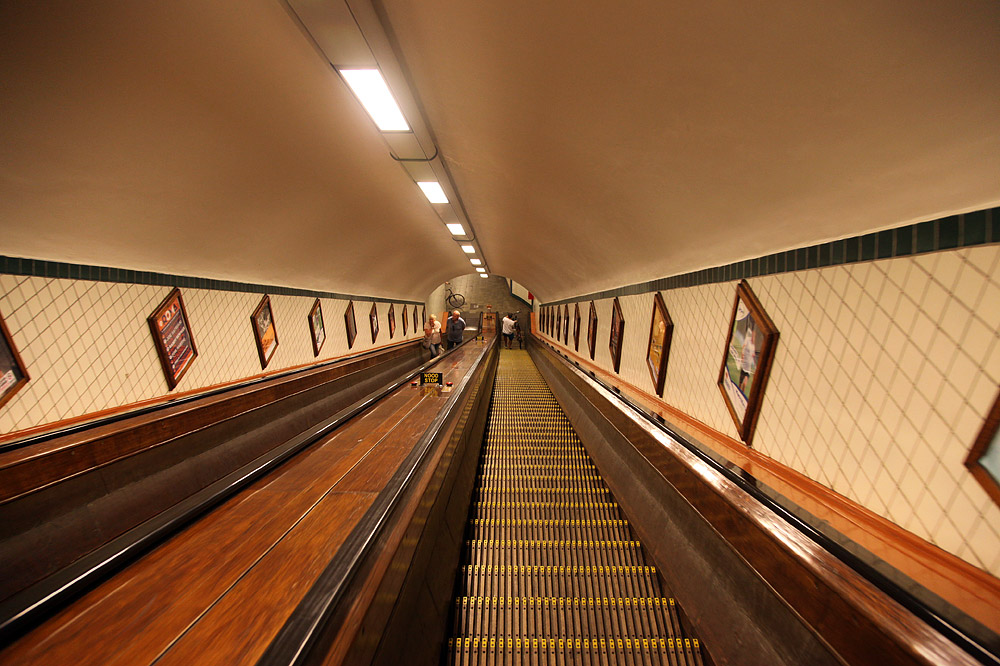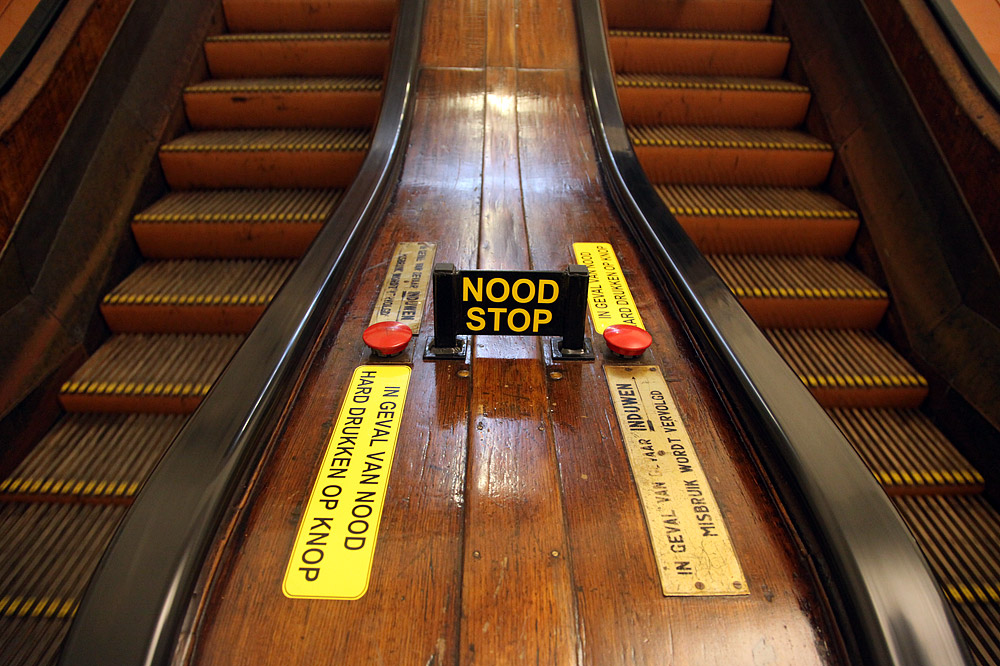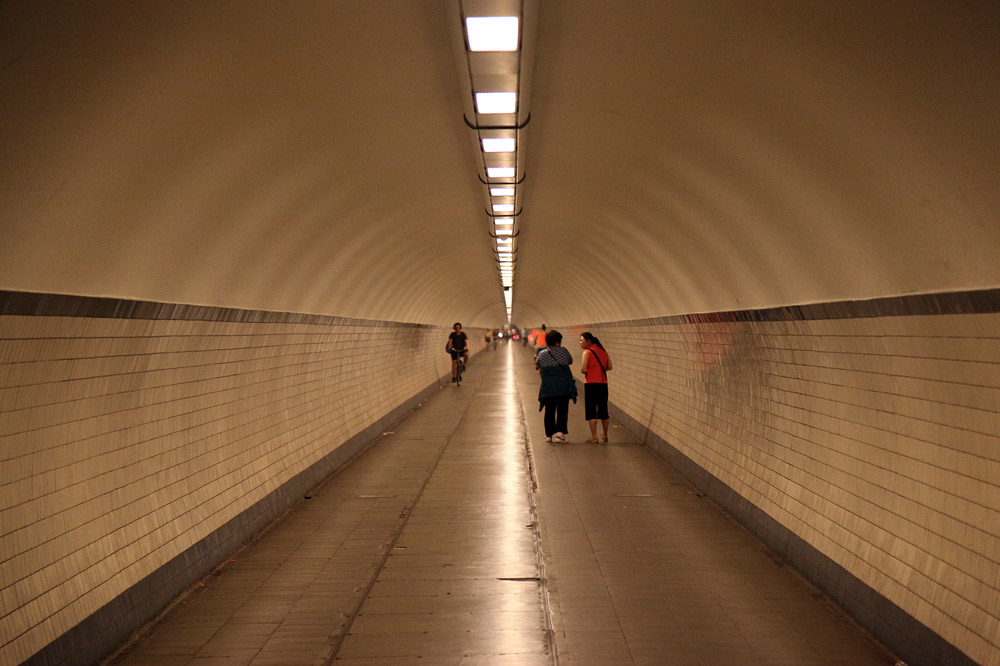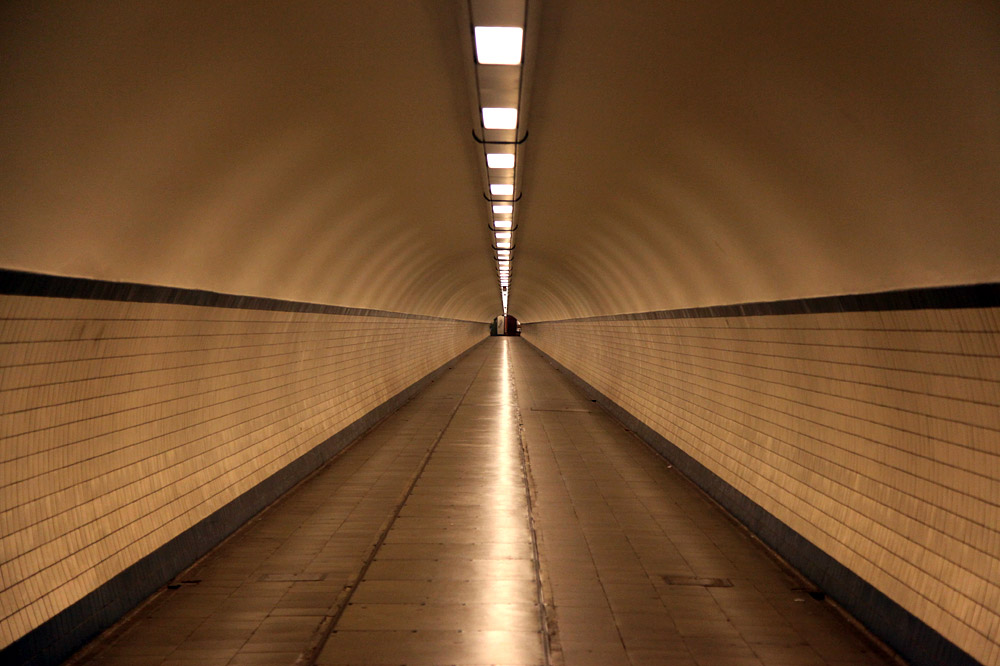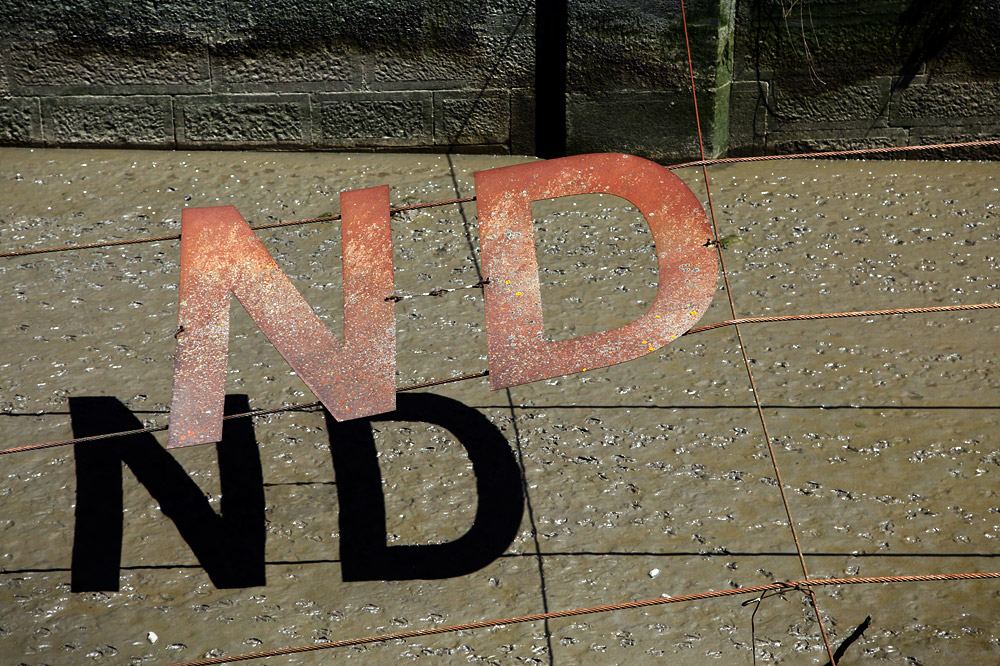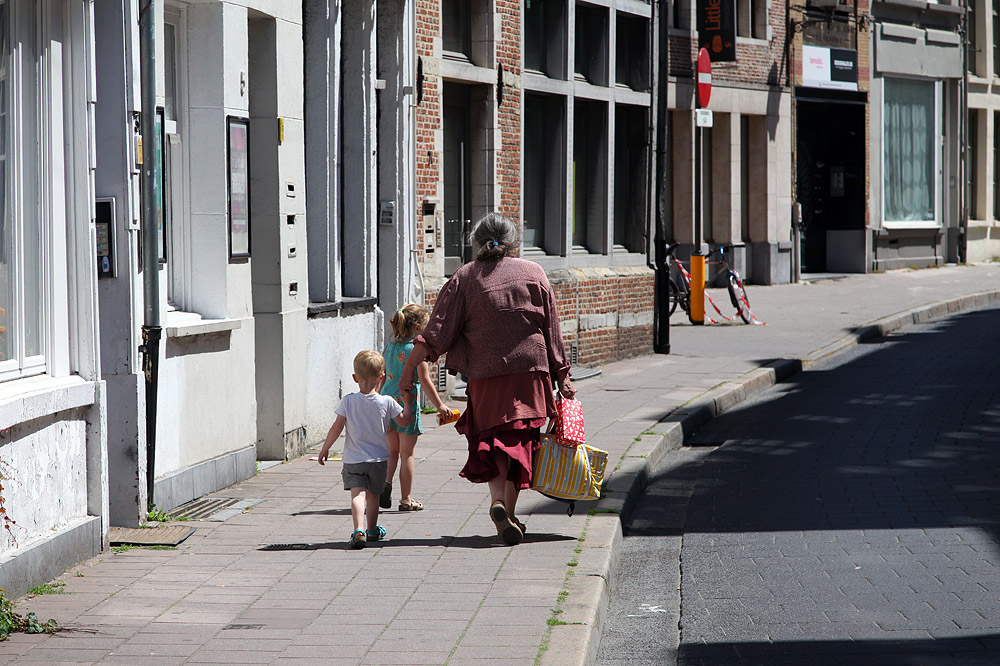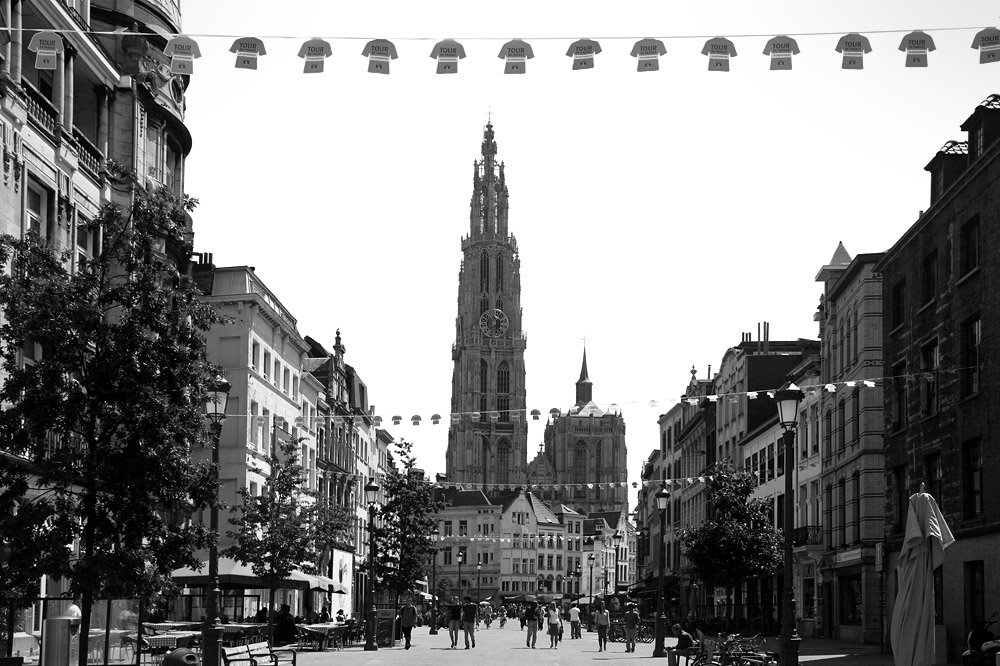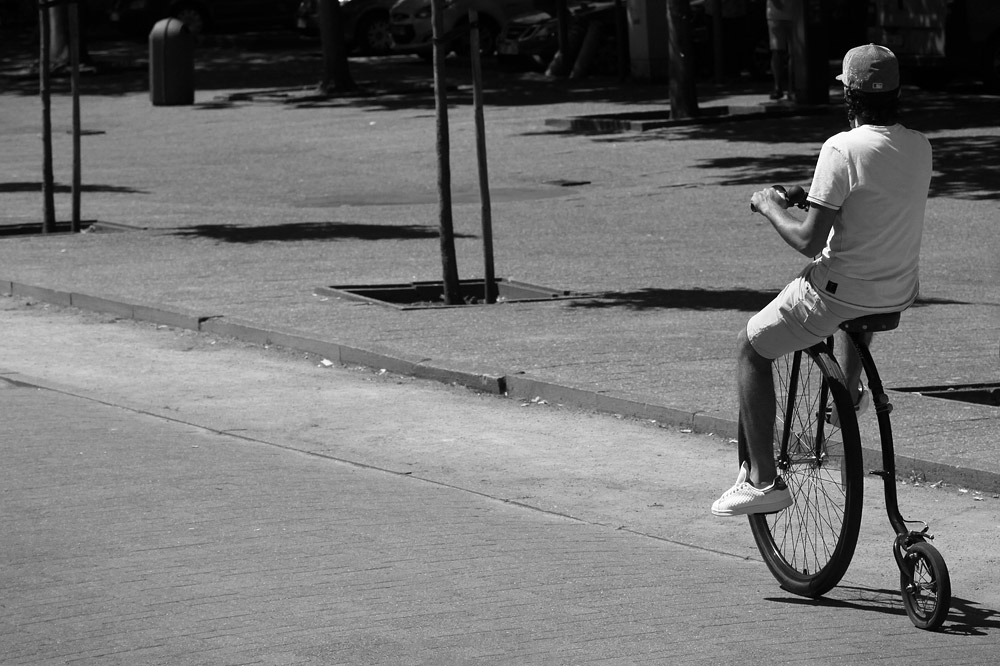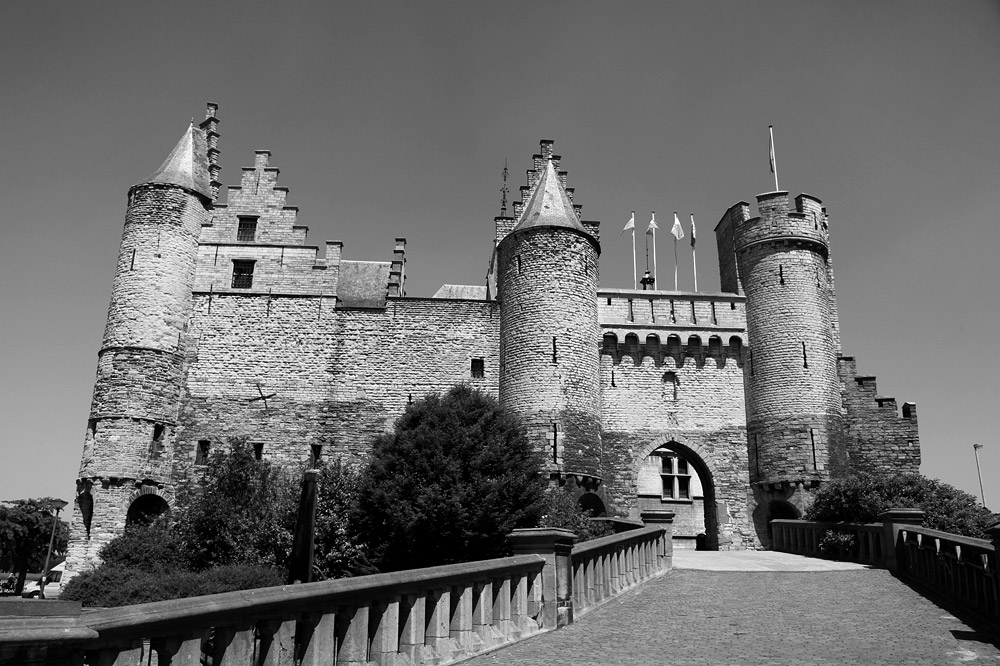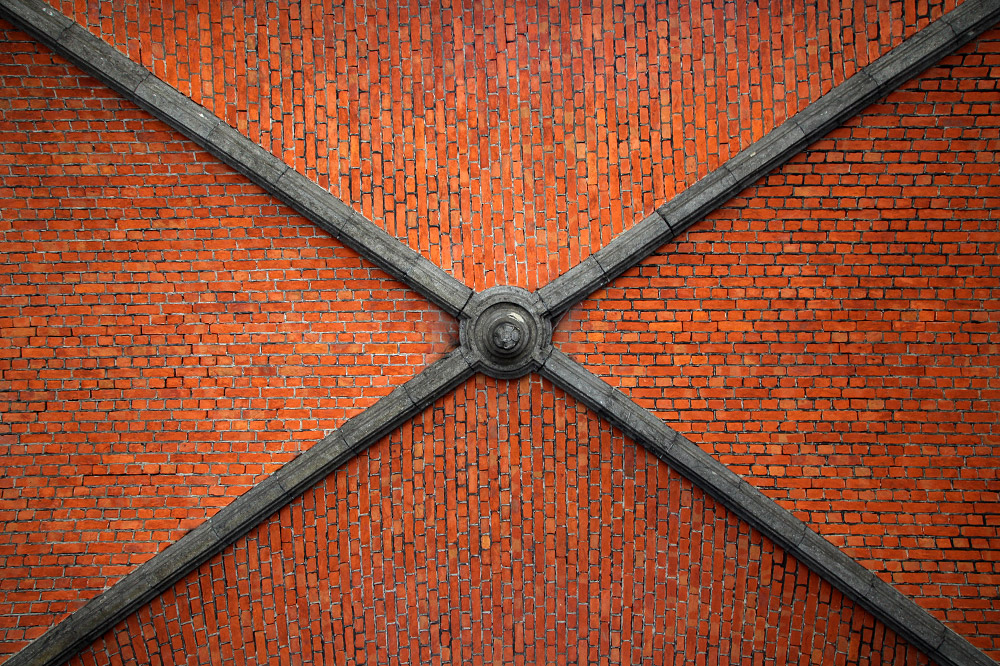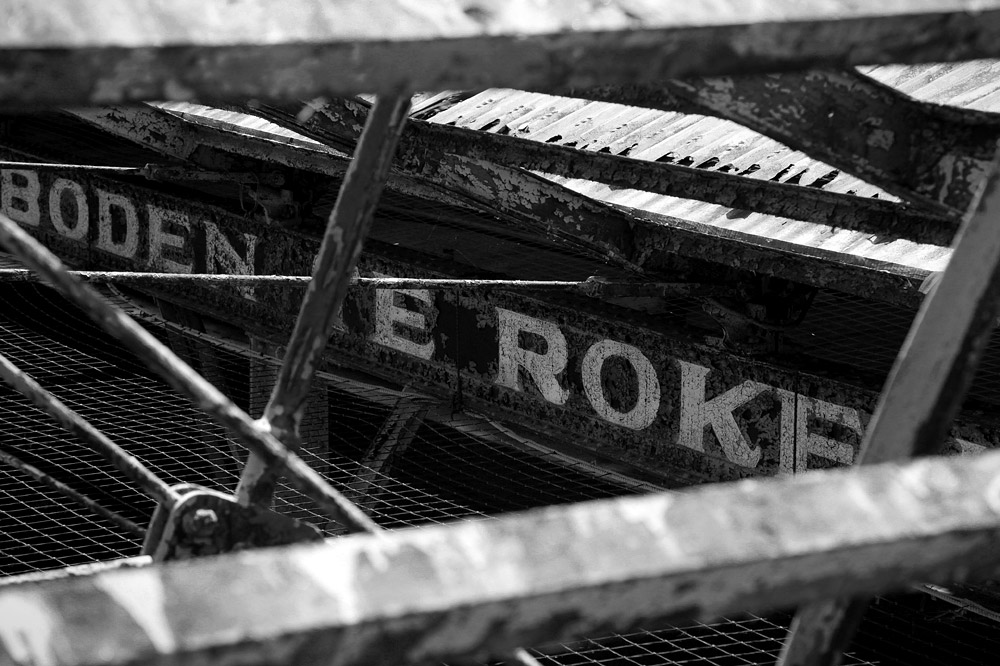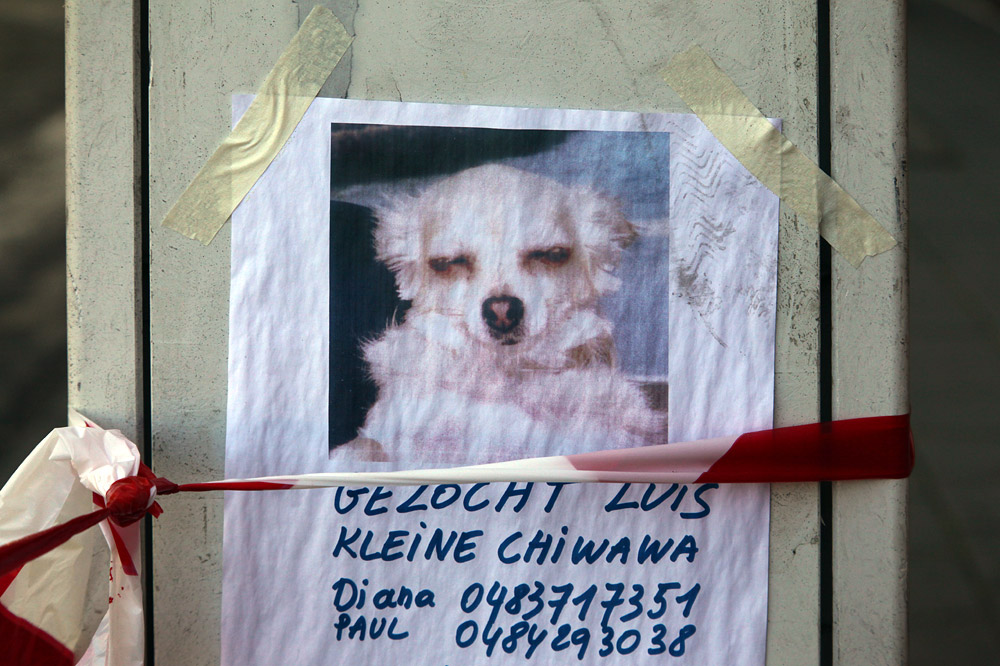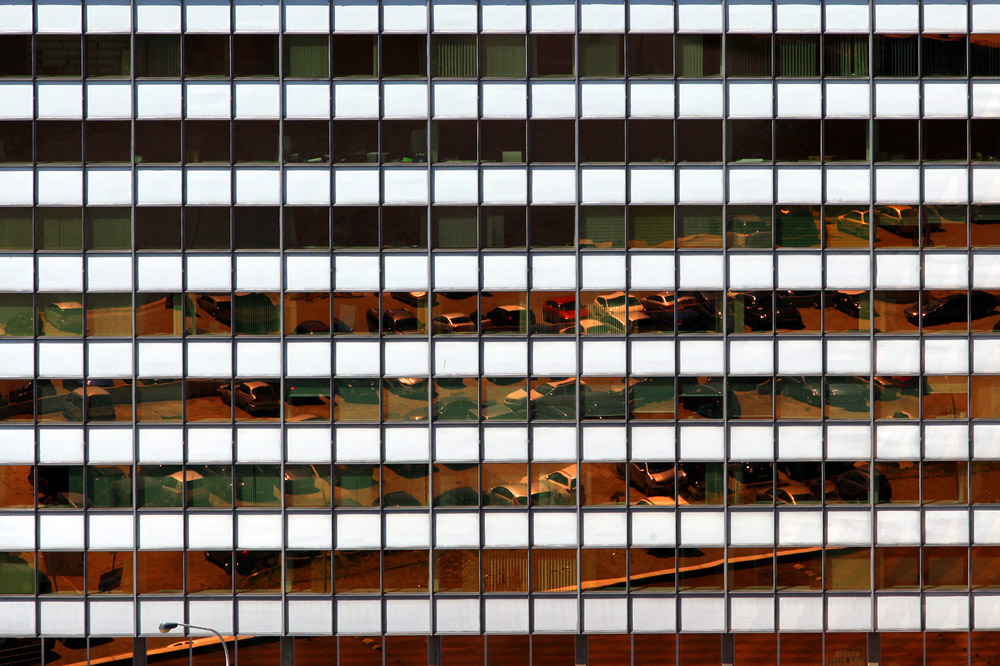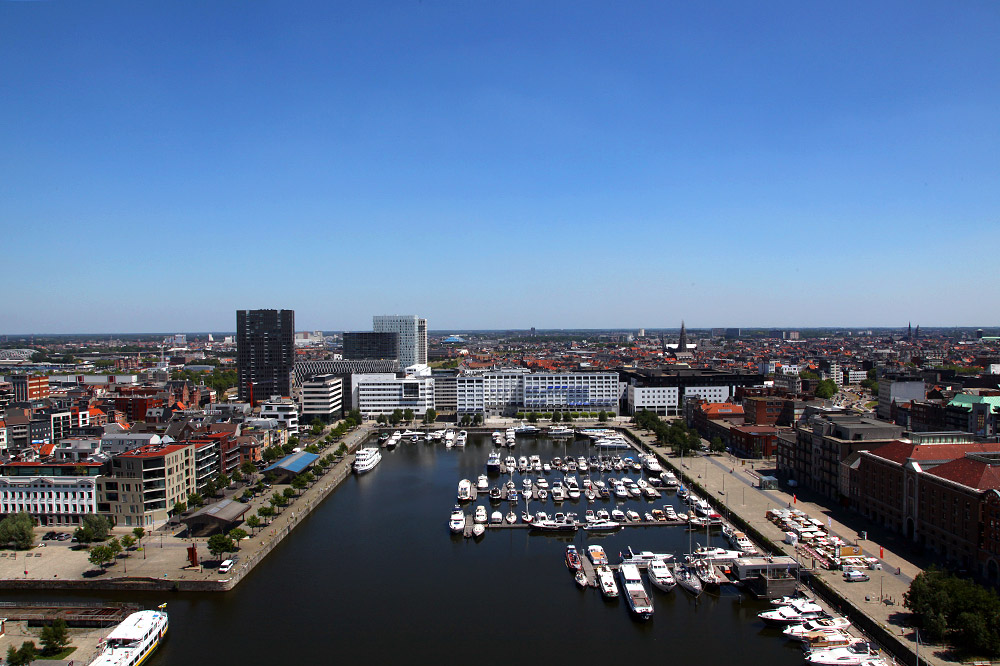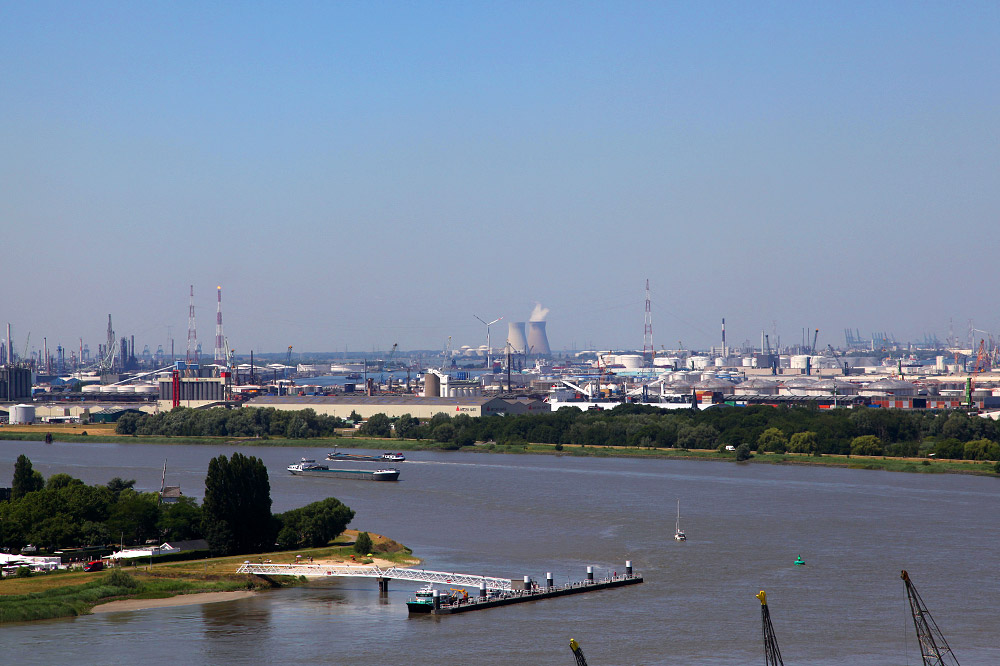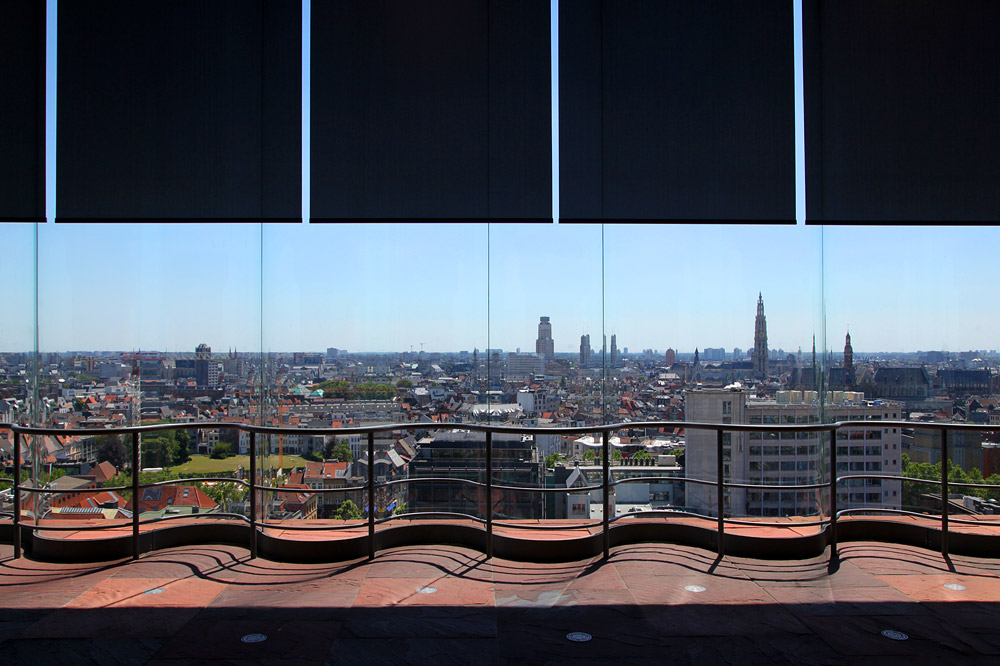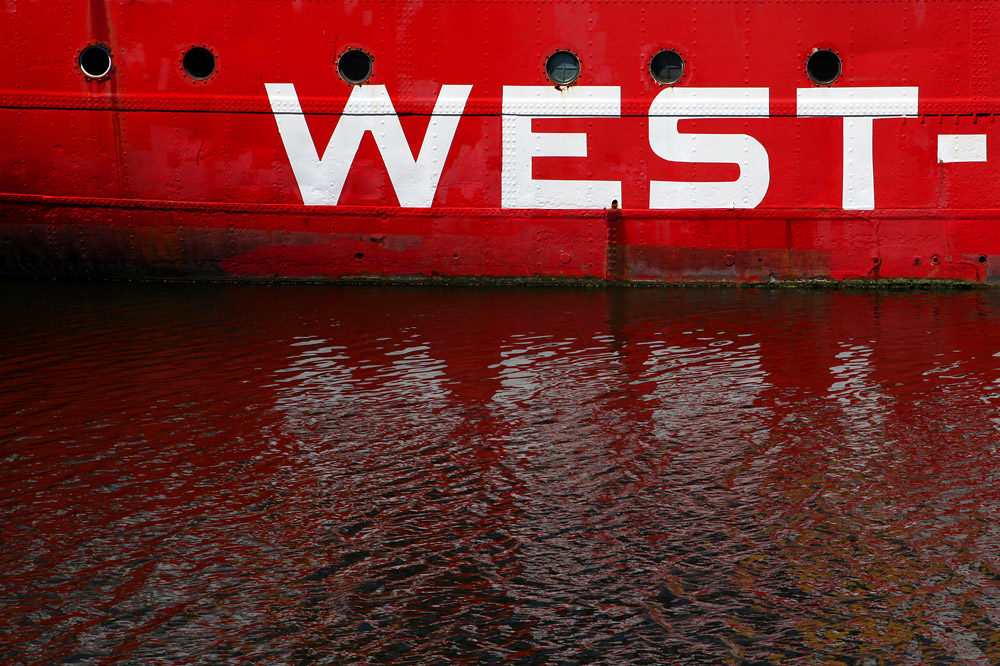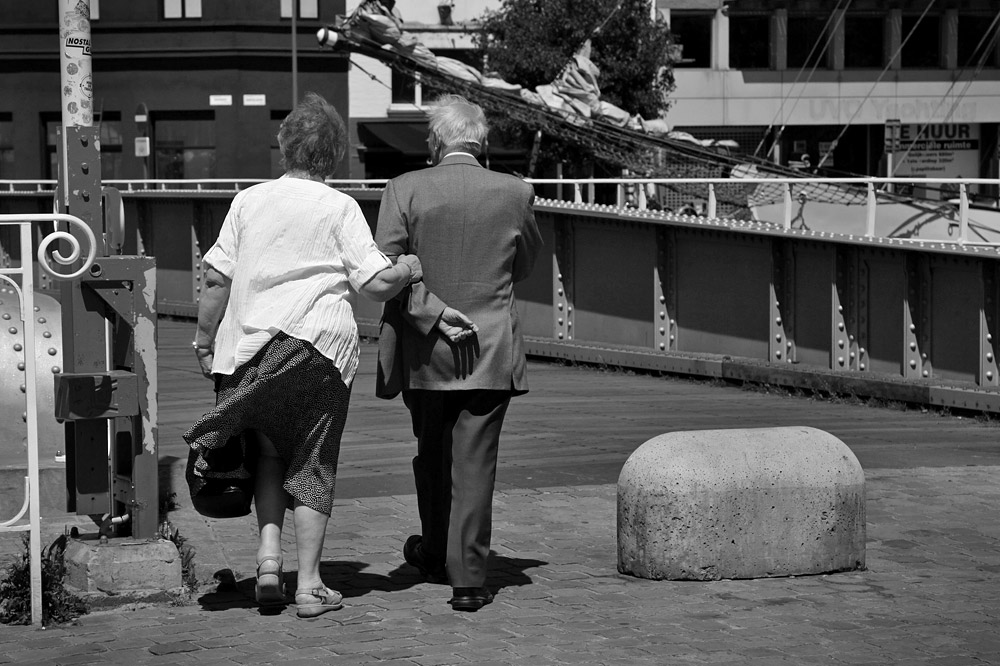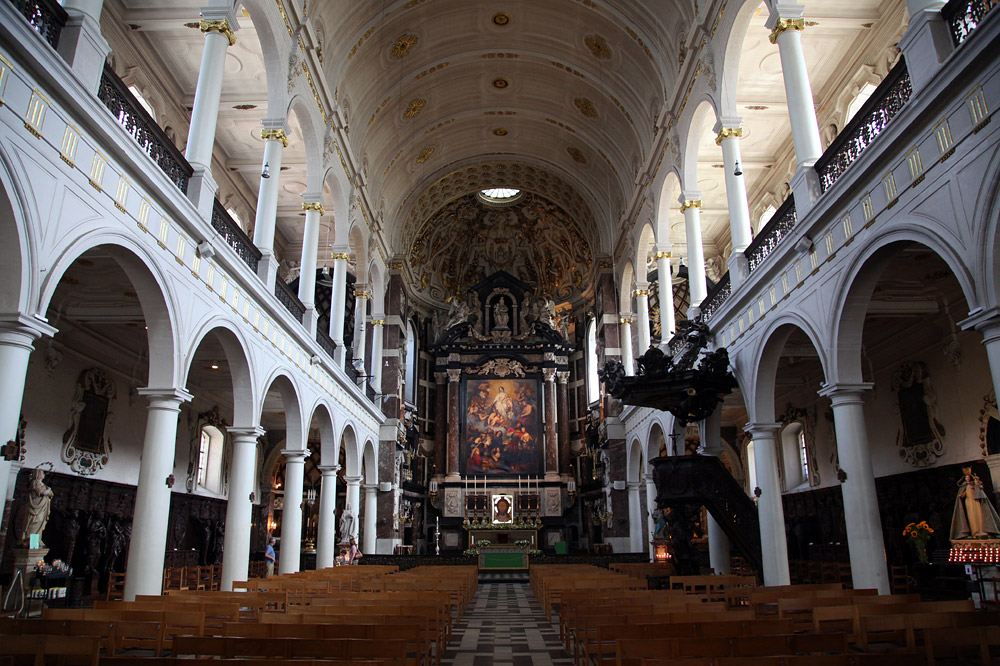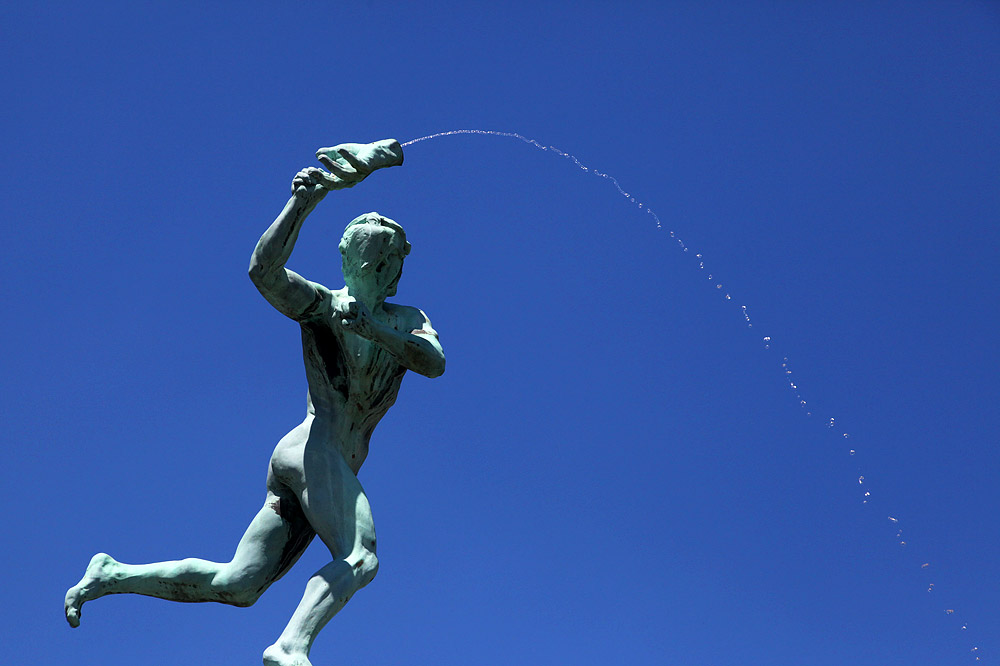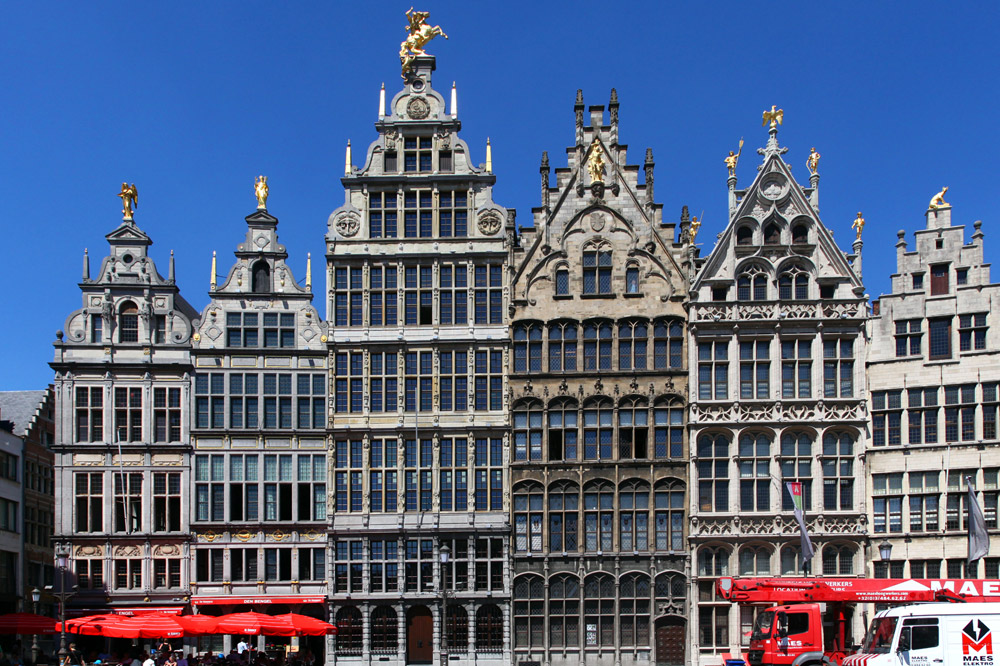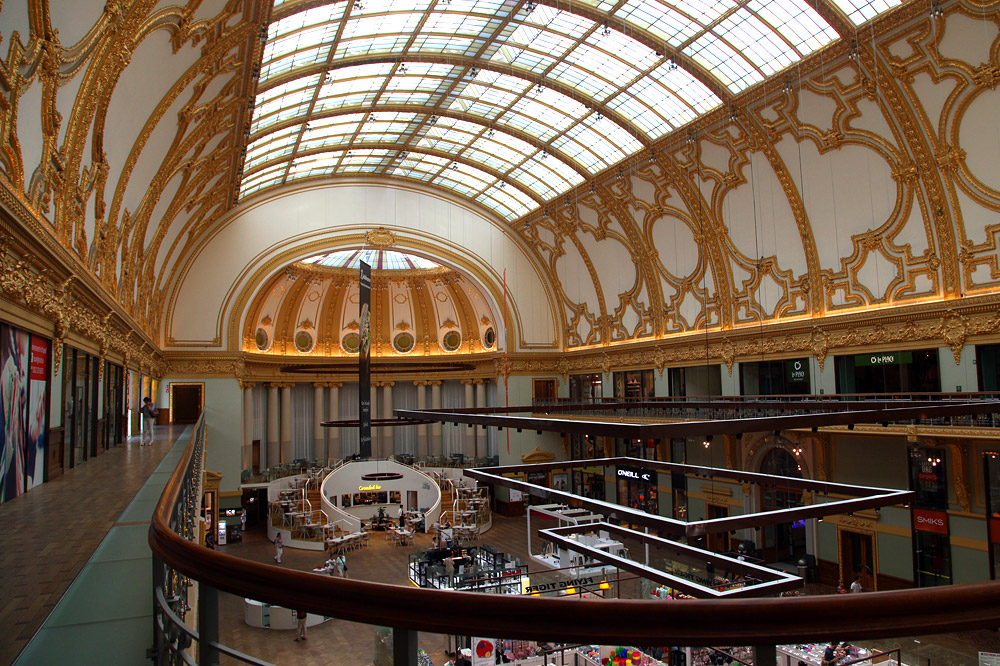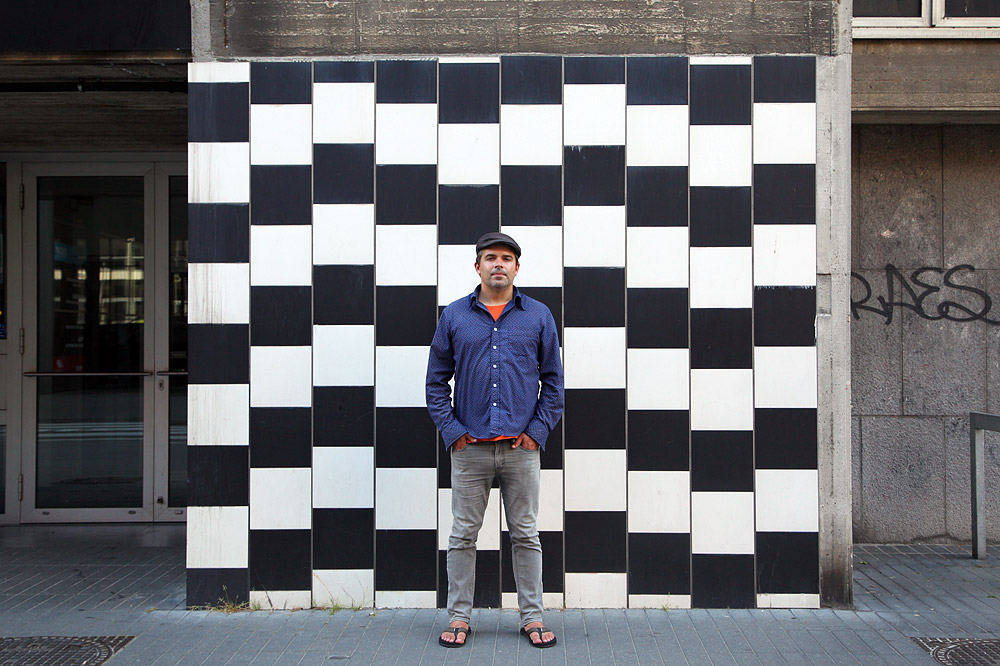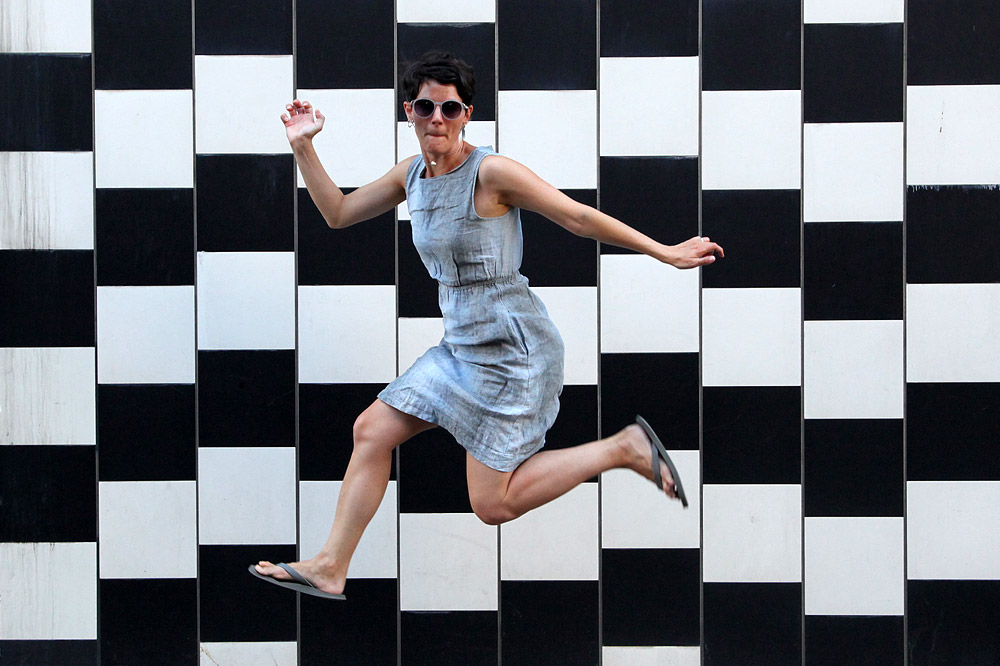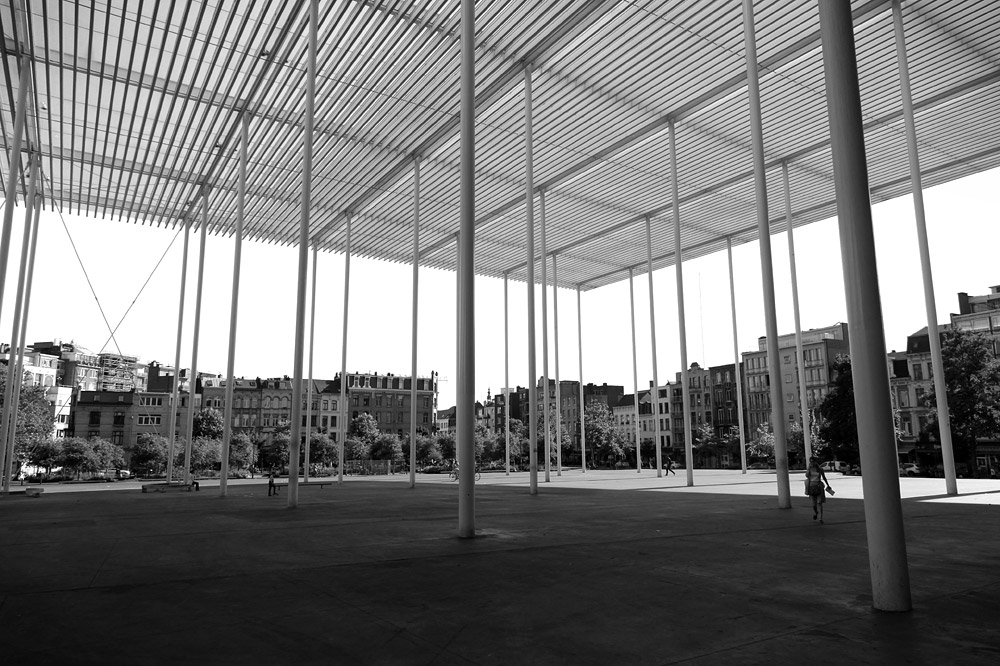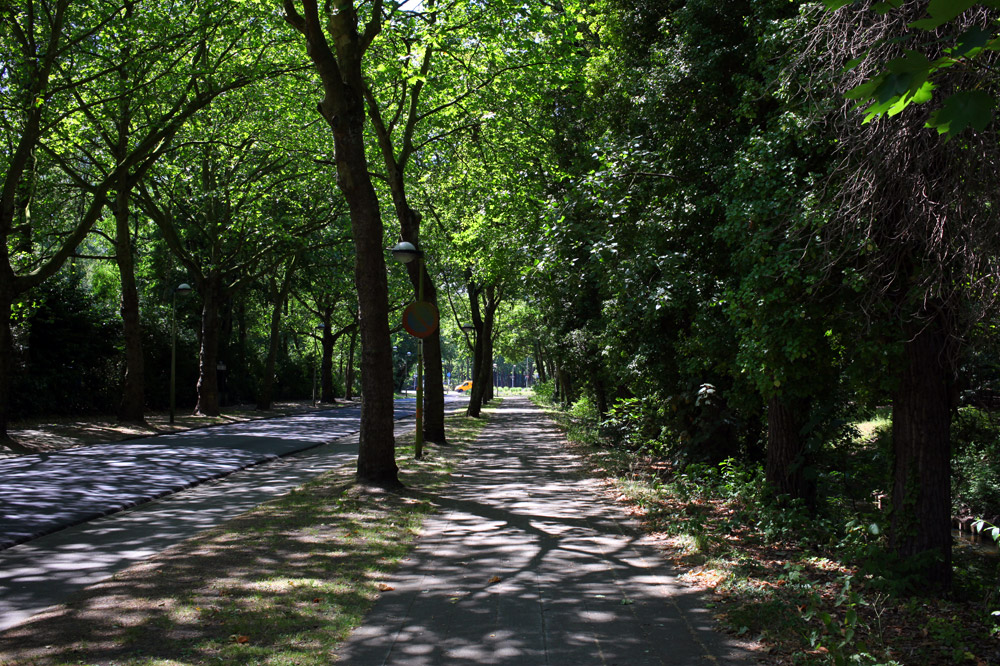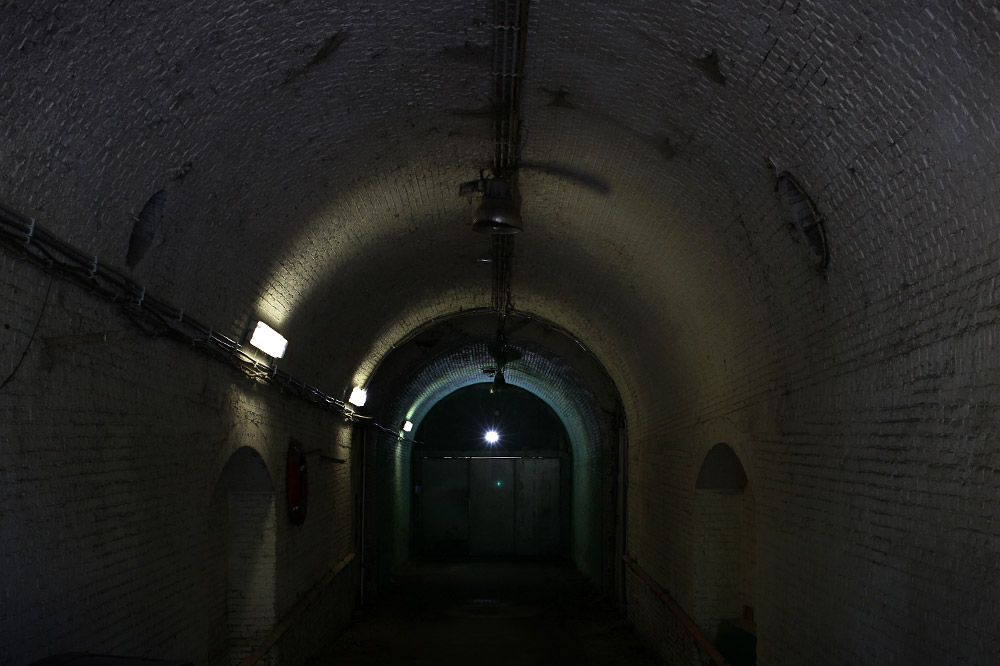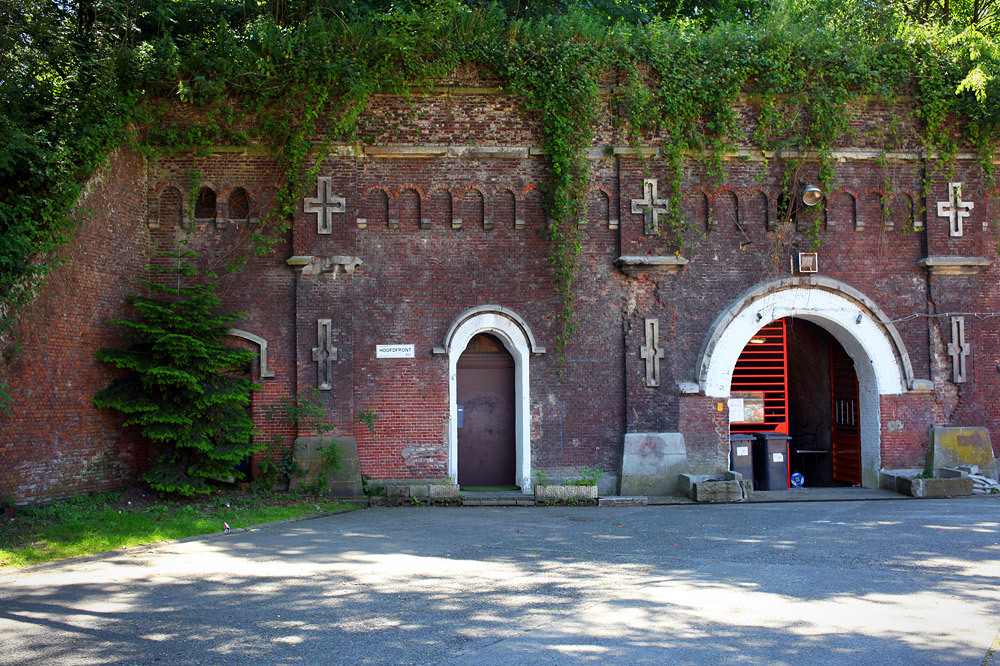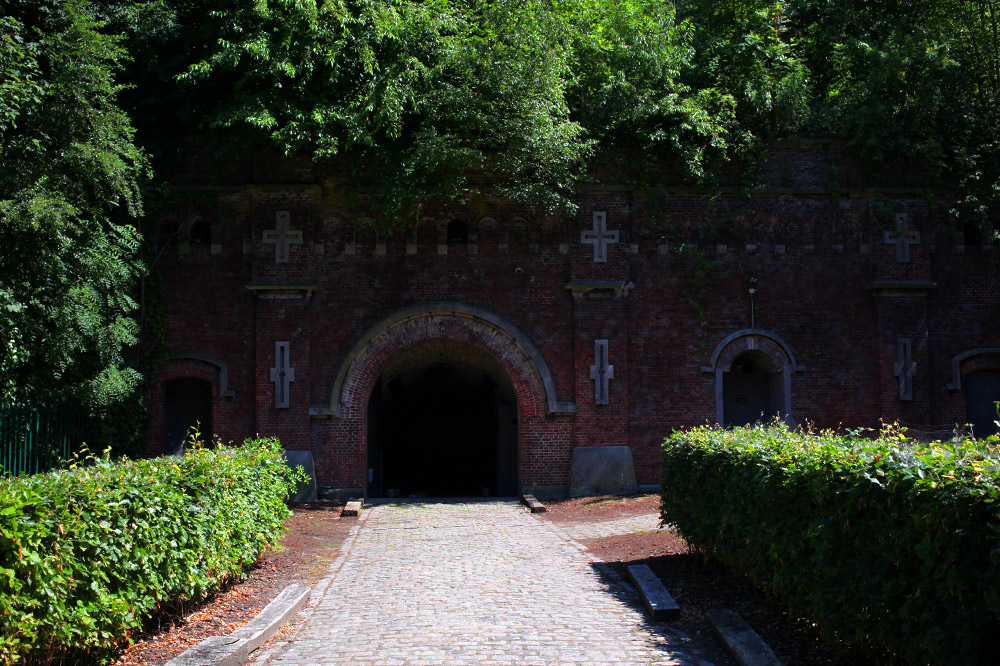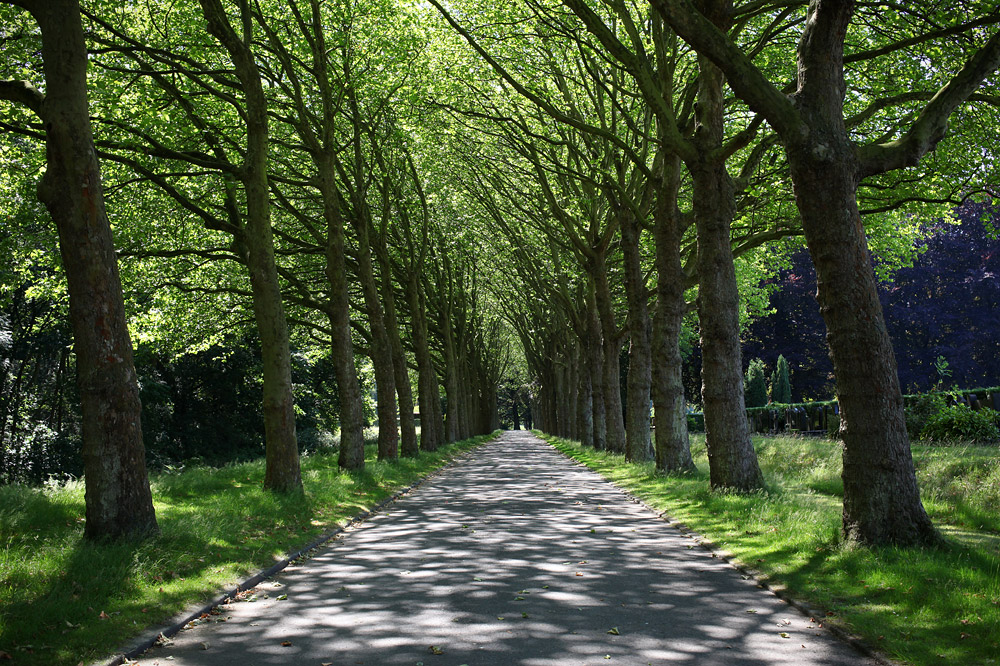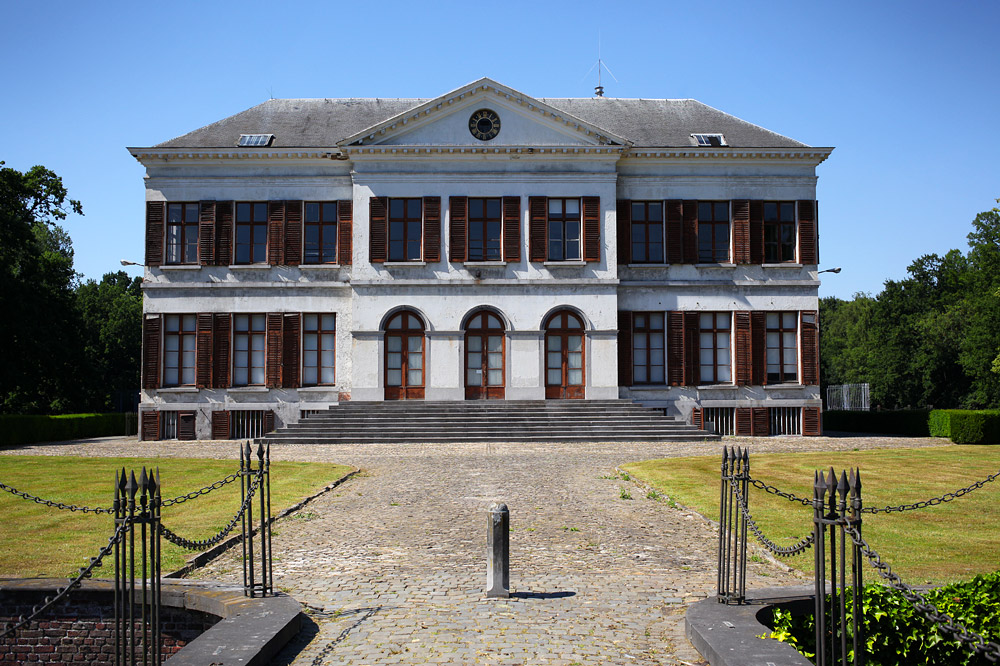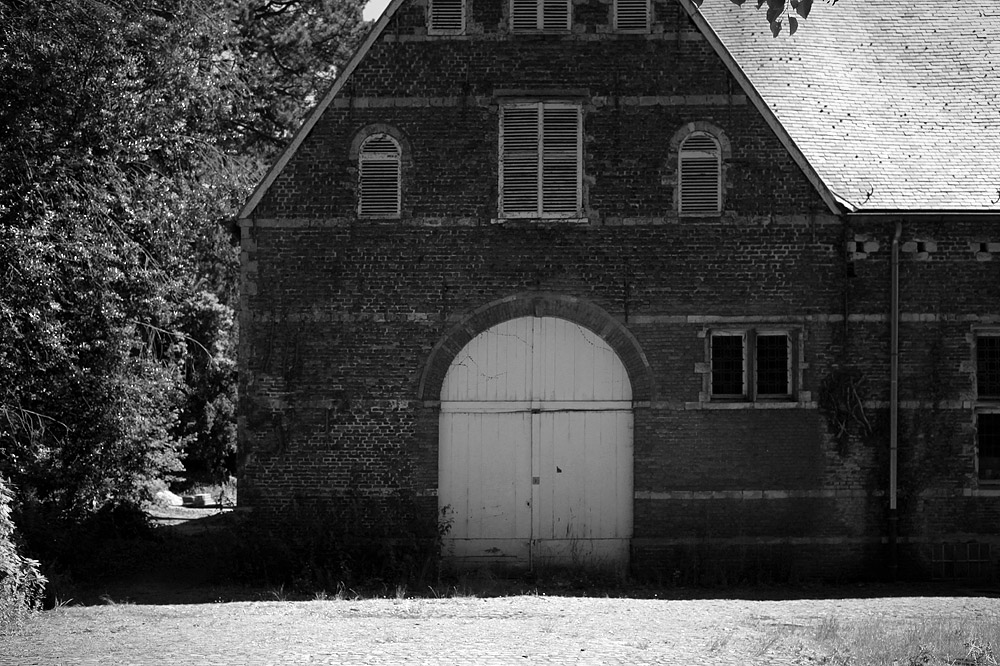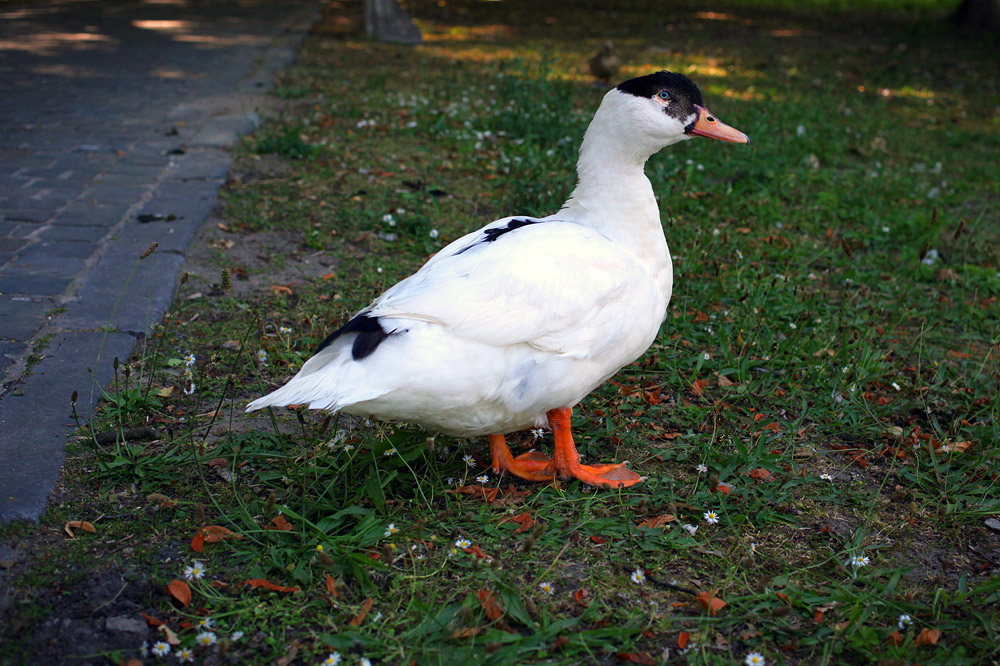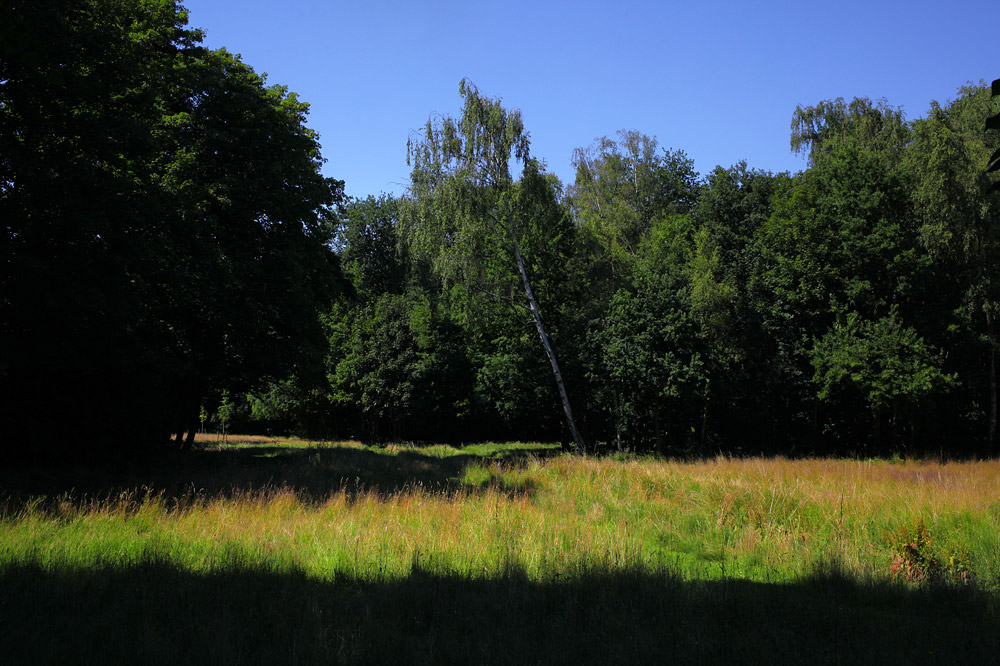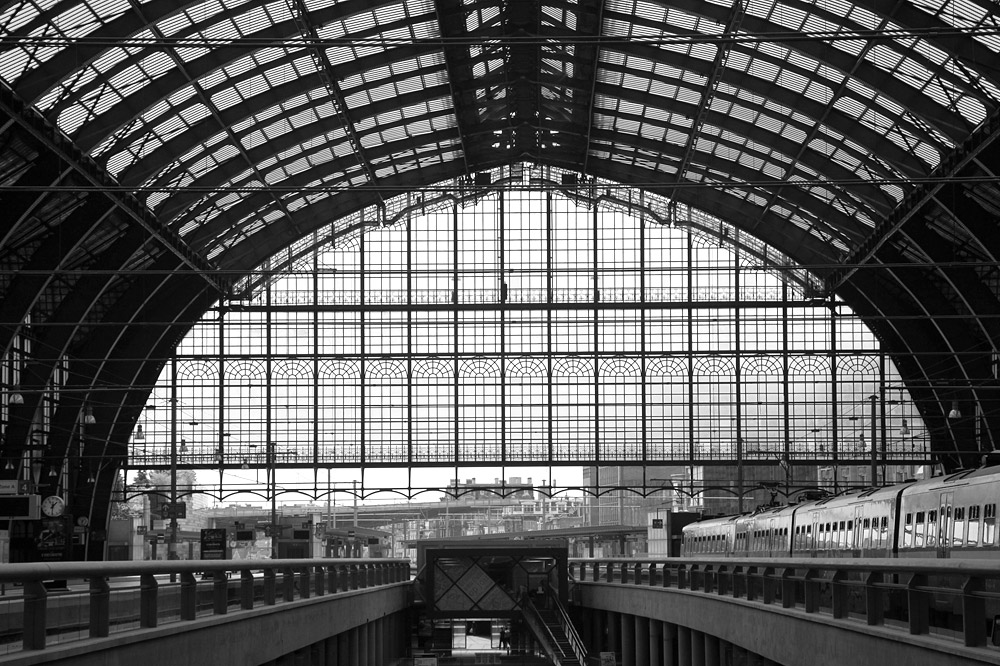Three Days in Antwerp, Belgium
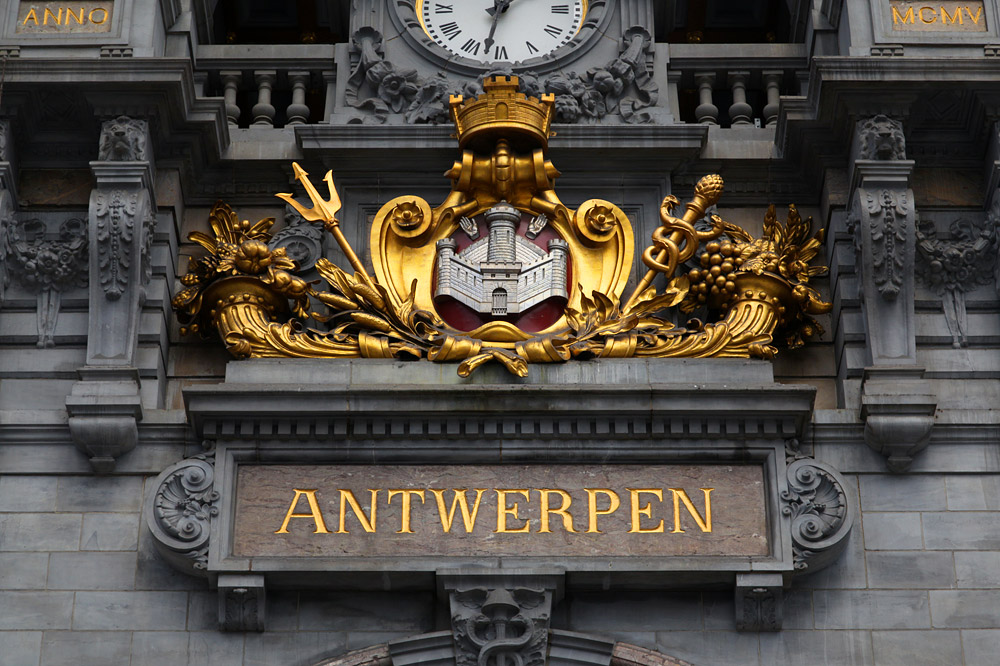
Welcome to Antwerp.
On Monday, a still heat hung over the lowlands as our train arrived in Antwerp’s Central Station.
Built between 1895 and 1905, the grand station felt like a cathedral for trains. The entrance hall had a towering dome and ornate decorations. Heavy trains arrived and departed from four different levels, and subways departed from multi-level platforms under the street.
We bought a ten pack of tram tickets for 14€ and found our platform underground. The train arrived, we validated the tickets in a yellow box for 1.4€ a pop, and rode past a few stops until we emerged into the daylight.
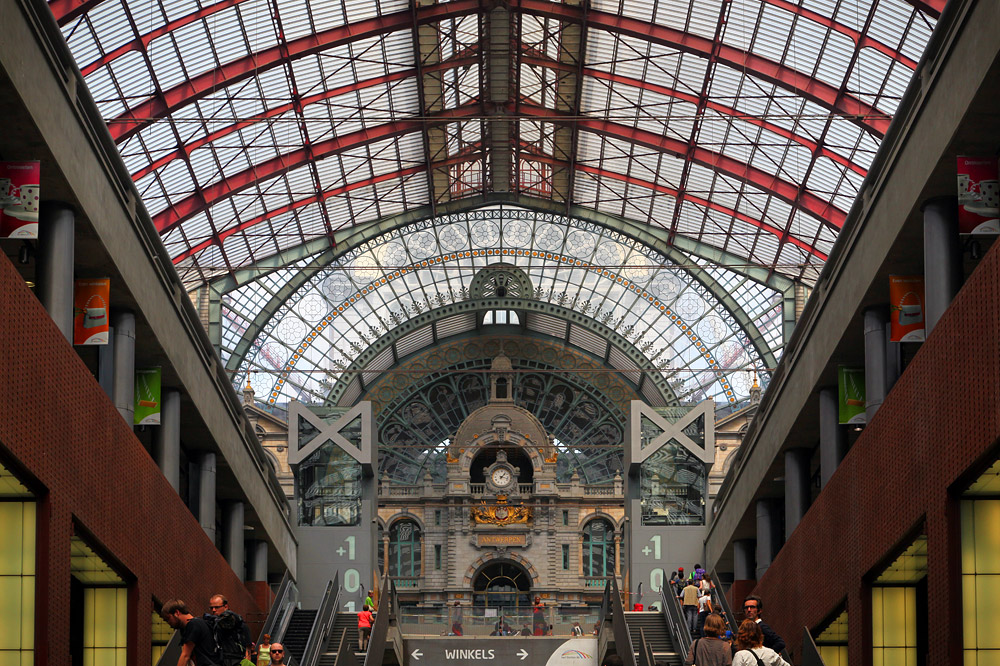
Ascending from the arrival platform into the station.
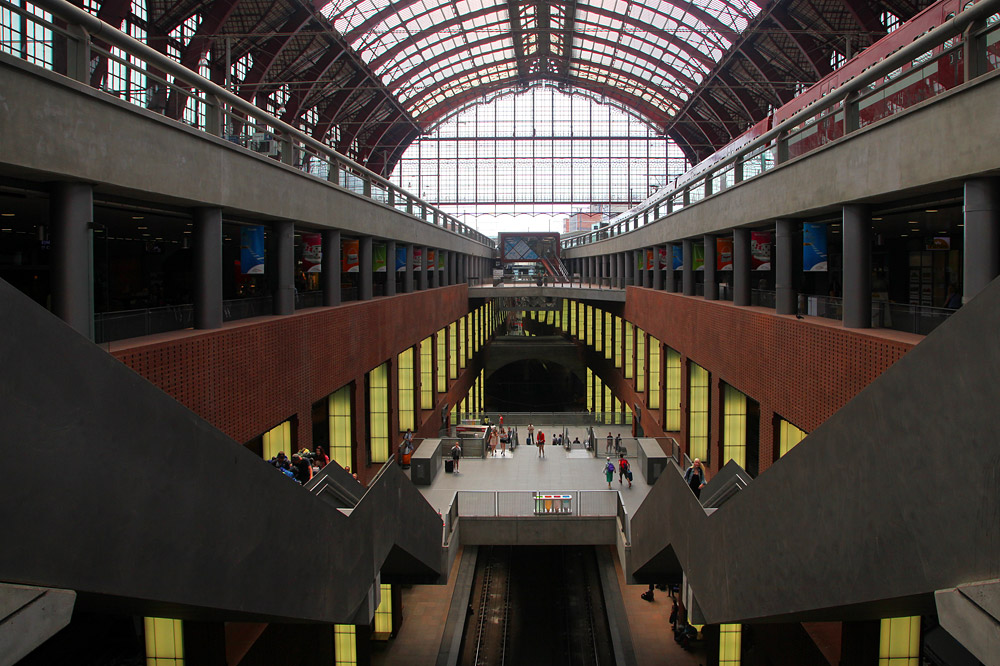
Looking back at four floors of platforms.
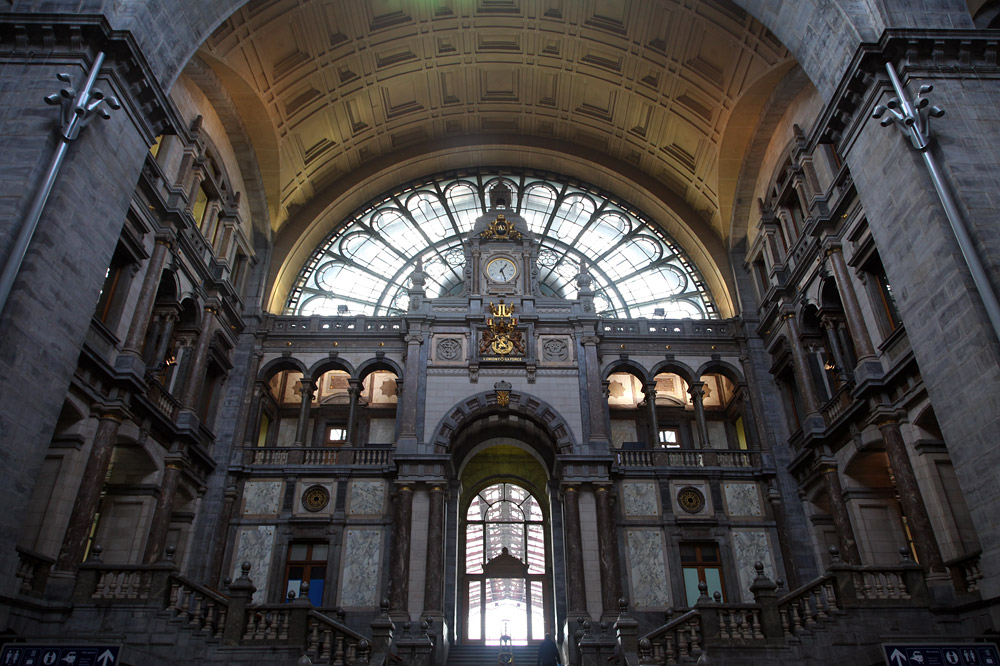
Inside the domed entrance hall.
Hasidic Jews wandered around the neighborhood. There were large groups of school children, modestly dressed mothers going on errands, and lone men walking with purpose in furry hats. Forelocks swung to and fro.
Our skin glistened like diamonds after the brief walk to our accommodations.
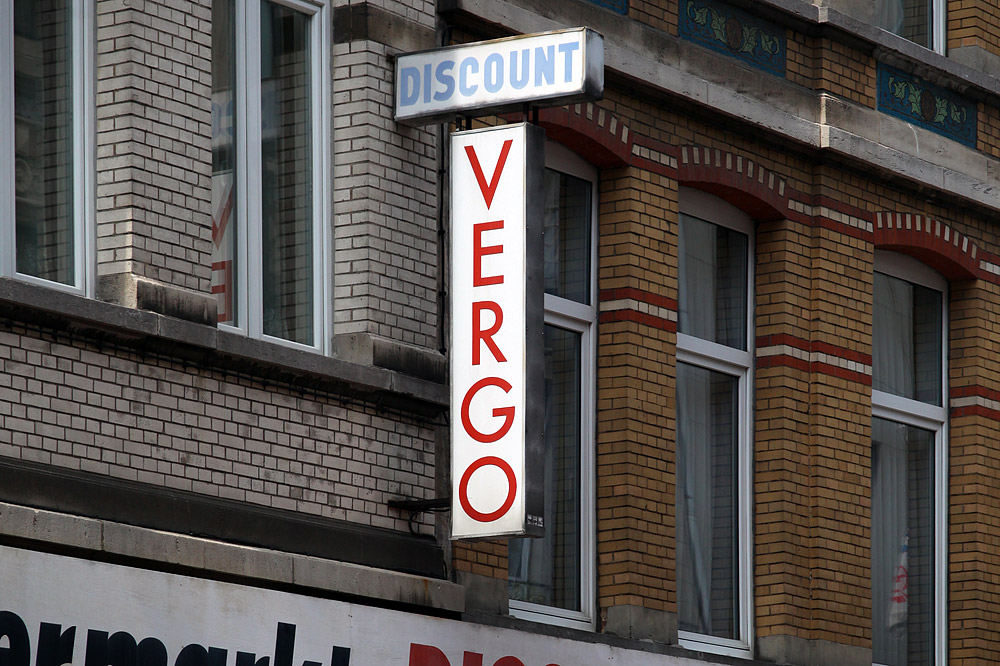
Vergo.
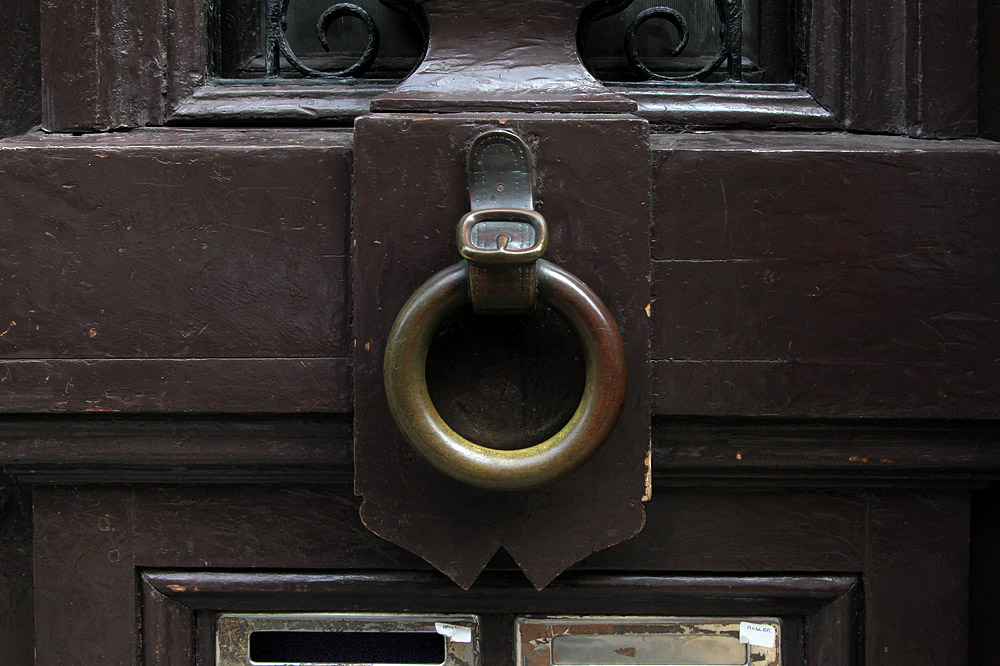
Knocker.
The B&B was in a beautifully restored, hundred year old town house. Our single, long room was an extension to the original house, though it felt equally old. A clawfoot tub and ornate mirrored wardrobe was at the end of the room. It was separated by delicate white curtains, as was the bed. The restroom had no working ventilation. 125€ per night, cash only.
The main room was warm, and we foolishly opened the windows thinking it would make it cooler.
The host made a few recommendations on a map.
We left the map in the room and walked to the Zurenborg neighborhood. Along the way, we passed many Jewish sites guarded by Belgium military armed with machine guns.
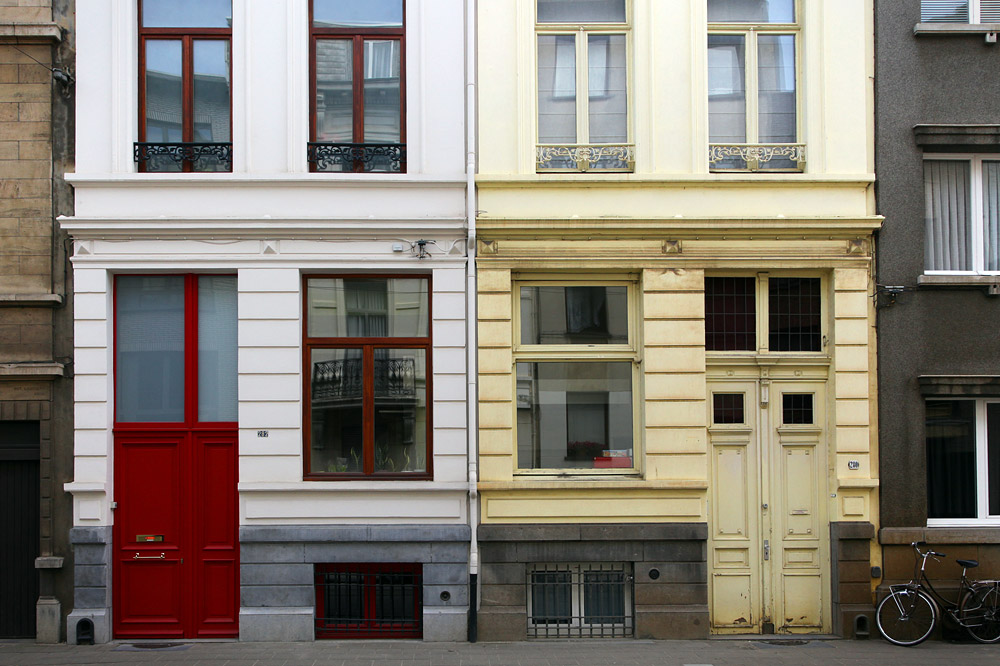
Dueling paint schemes.
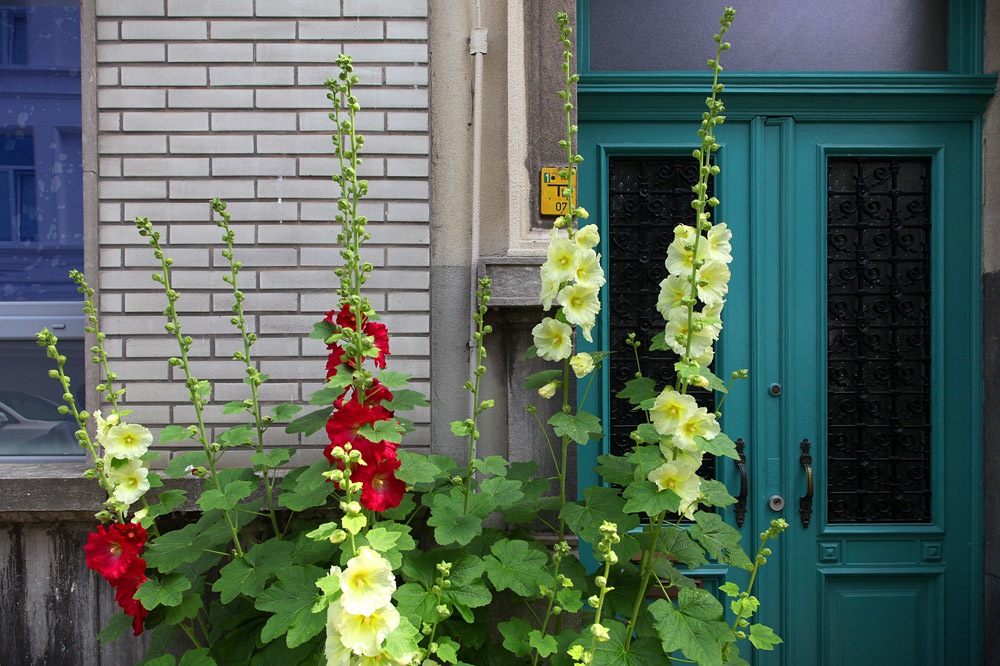
Urban flowers.
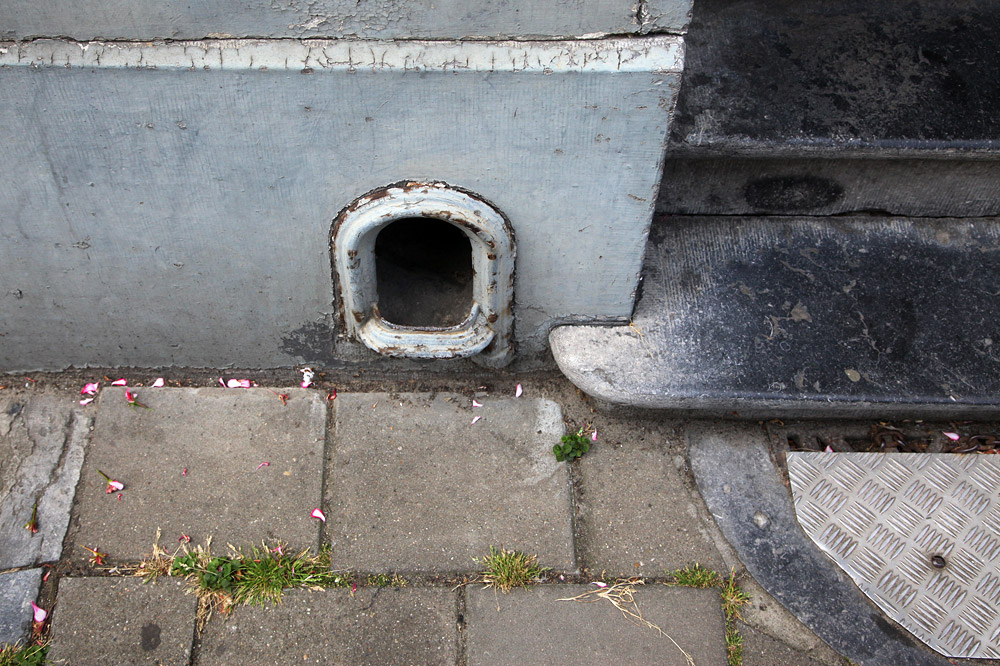
Drain spout.
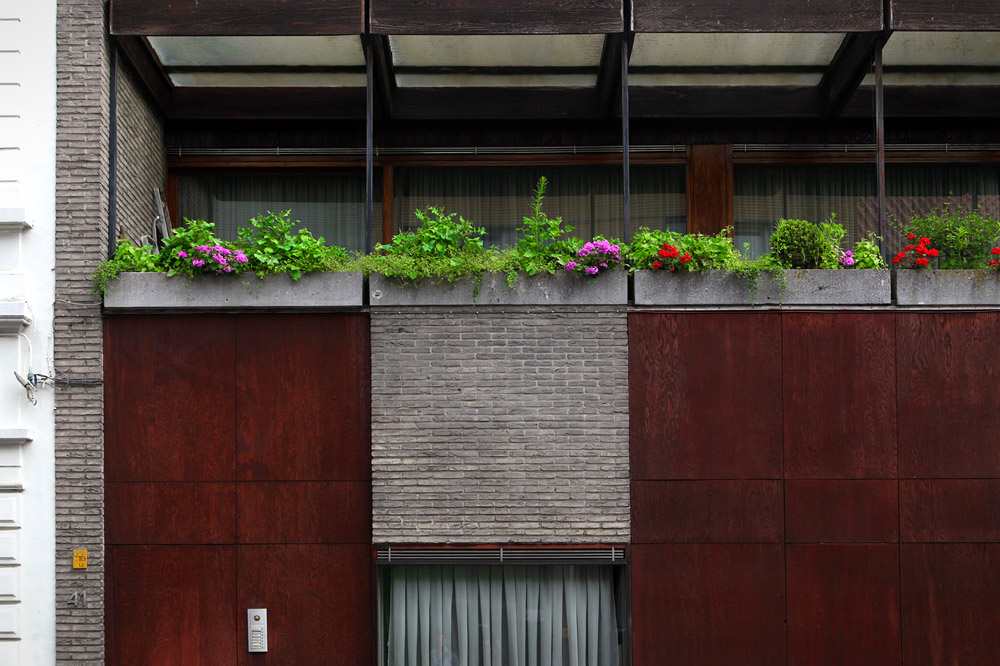
Mod.
Art Nouveau balcony
You’re not the boss of me.
Yellow house.
Old tram maintenance station.
Under the train tracks.
Yellow Citroën.
By 3PM in Zurenborg, all the restaurants had shut down until dinner. People relaxed at the outside tables to enjoy beer.
Art Nouveau houses were interspersed with neoclassical mansions and other eclectic architectural styles throughout Zurenborg, which straddled the boundary between Antwerp itself and the district of Berchem. The main cobbled street had some of the grandest buildings, but side streets were equally interesting.
Yellow tile decoration.
A block away, another yellow Citroën.
Dormers.
One of four white mansions at a traffic circle.
Decorative.
Shy window.
Bee gate.
Just your average neighborhood castle house.
Another castle house detail.
Afterward, we walked to a park-side bar and had Belgian beer, coffee, and a snack.
Dinner was eaten at a small, quiet falafel restaurant near the B&B. I felt out of place and uncomfortable, as I often do at restaurants. The falafel was excellent.
Smet Danny.
When threatened, the street care retreats to its burrow.
Passthrough.
Tracks.
That evening, all of Antwerp’s heat was trapped inside our room. I tossed and turned, sweating into the sheets like a horizontal basketball player.
–
Tuesday, we enjoyed our first breakfast downstairs in the richly decorated sunroom. The only other couple was Dutch. They sat at another table, and we didn’t talk with them until wishing them a pleasant day as we walked out of the room.
In the heat, we walked over to the Scheldt River, then under the river via St. Anna Tunnel. The half kilometer long tunnel was built in the 1930s for pedestrians and cyclists to cross the river without needing ferries. The highlight was two flights of original wooden escalators on each side.
It was a little unsettling to walk under a river, but good preparation for our upcoming Chunnel crossing.
While the park on on the eastern shore was sunbaked and sad, we got our fill of the great city view.
The living room and breakfast room.
Lounging on a hot day.
Star knob.
Life finds a way.
Modern ugliness.
Swabbing the holy floor.
Bumper Five.
I’ll build a little birdhouse on your wall.
Steiner school.
Tastes like licking an Indian spice vendor’s arm.
Museum stickers on corrugated wall.
Old power station.
Ornate shelter along the river.
Rail brushes on the wooden escalator.
Descending.
Emergency stop.
Tunnel with people.
Tunnel without people.
Muddy ND.
We recrossed the river to find lunch and a burger restaurant near MAS Museum.
The building was uglier in person, like something from a futuristic Santa Fe. We ascended multiple floors of escalators to the roof for a free view of the city.
Mother and kids.
Old street with towering cathedral.
Modern penny farthing.
Just your average thousand year old fort.
Ribbed for her structural pleasure.
Old rules.
If the only picture you have of your missing dog looks like a drugged hostage, maybe you shouldn’t get your dog back.
Reflections.
Looking east from MAS.
The massive port and power plant district.
Warped windows looking south from MAS.
Afterward, the explored the old city center, tried some expensive chocolates (9€ for 8 pieces) made in one of Napoleon’s old kitchens, and tried to find different sources of iced coffee and water.
WEST-
Old love.
Inside another church.
Severed hand fountain.
Amazing gabled buildings at the square.
Inside the ritzy Stadsfeestzaal.
Only a cafe illusion makes me handsome.
Jumper.
Quite a tall canopy.
We skipped dinner.
That night, our room was even hotter. As I struggled to sleep, J stayed awake into the early morning to watch the Women’s World Cup game between USA and Germany.
A mosquito buzzed in our ears and drank our blood.
–
Wednesday morning, we had a long conversation with our host about the B$B, Belgium, and a variety of other topics.
The steamy Line 24 tram took us to its terminus at Schoonseholf station.
We walked through sleepy ethnic neighborhoods to see one of the area’s historic forts. This extensive collection of old brick forts is called National Redoubt of Belgium.
Fort 8 was being “used” for a variety of new purposes: a pétanque club, a team building obstacle course, horse stables, soccer field, restaurant, and fishing hole. A large group of electricians and their vans were doing something nearby, and one van dropped a metal part and gasket while driving away. I ran over to return the part.
A group of students lounged around a collection of cooking gear, either planning to have a outdoor BBQ or just cleaning out a bunker.
Many of the tunnel doors were open, but we didn’t go too deeply for fear of trespassing. The air was cool inside the tunnels.
A break from the sun.
Cool in the tunnel.
A fort entrance.
Another entrance.
We walked back to the main street in search of water. Nearly every building was locked up or abandoned-looking. We found the only market nearby and bought a liter of water and an ice tea.
In search of Fort 7, we wandered through a massive cemetery. It was empty except for the buried dead, large amounts of water fowl, a cat, and assorted song birds. All of the trees provided a pleasant break from the hot sun. Large fish struggled for room in the rapidly evaporating and moats choked with cattails.
Tree tunnel.
Old manor, now office in the cemetery.
Groundskeeping barn.
Suspicious mind.
Rustic landscaping with plenty of room for bodies.
We baked in the train on our way back, then transferred to the equally hot line four.
Again, we arrived at Zurenborg at a weird hour to eat. So we sat at a table with our drinks and watched the trains, bicyclists, car, and pedestrian activity near the traffic circle.
For dinner, we moved to a nearby pizza place and had the misfortune of ordering a pie with tuna on it. It was the only word we couldn’t decipher on the Dutch menu.
The evening was hot again, though we finally had access to a fan. I draped a wet town from a rack in front of it, hoping to cool down our room faster.
By the morning, the towel was dry and the room was humid.
We had new mosquito bites.
–
Thursday morning, we checked out and and overshot the central station by two tram stops.
We backtracked, bought our onward tickets, and waited in the steamy station for our train. Architecture lesson: while glass walls and ceilings are pretty and all, they turn a train station into an oven on a hot day.
Leaving the cathedral of trains.
Our train arrived precisely on time. We climbed aboard and were overjoyed to feel the cold, conditioned air.


